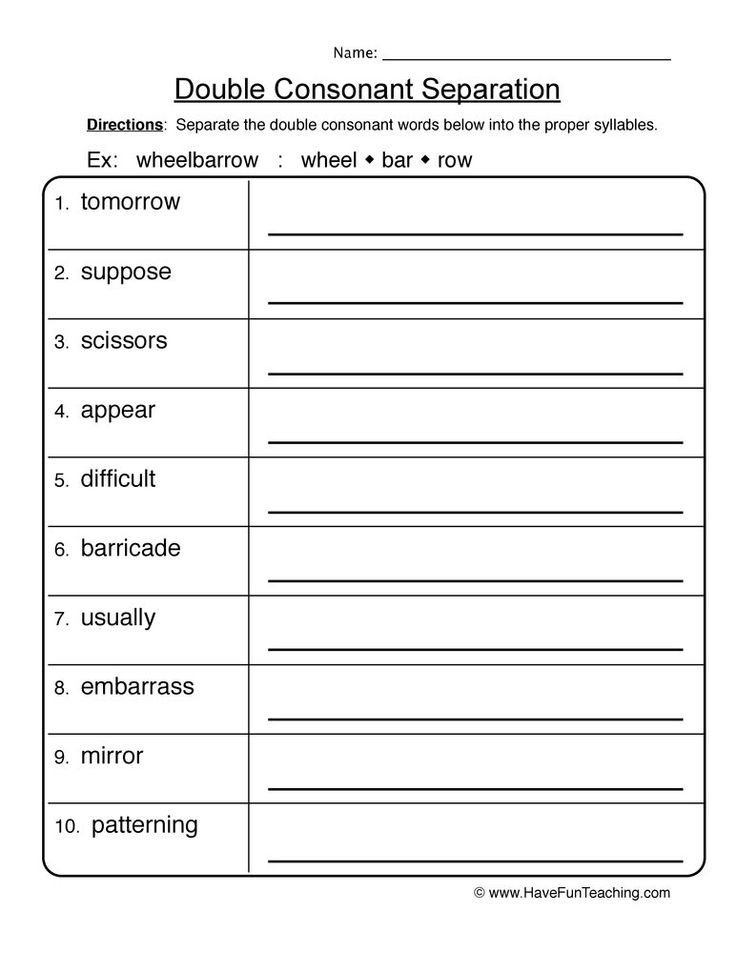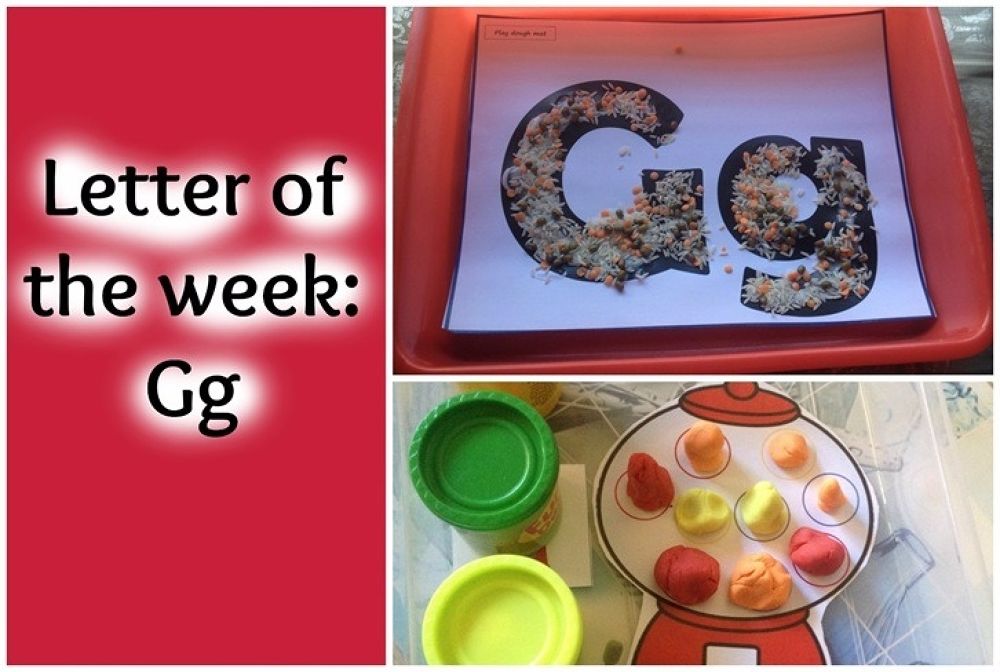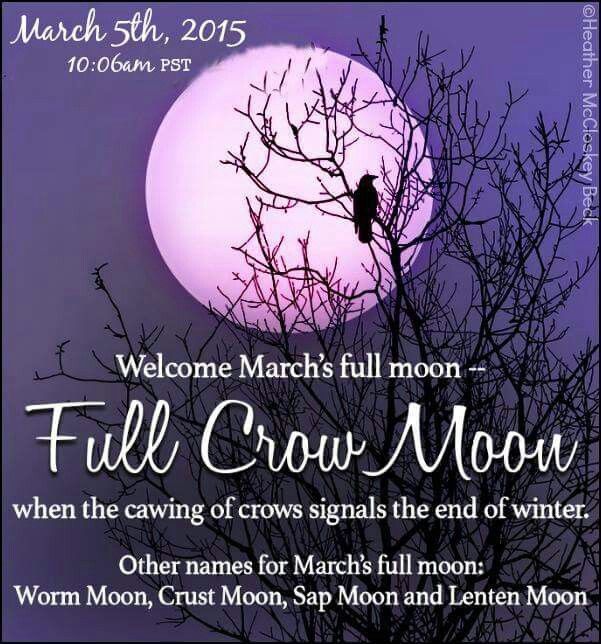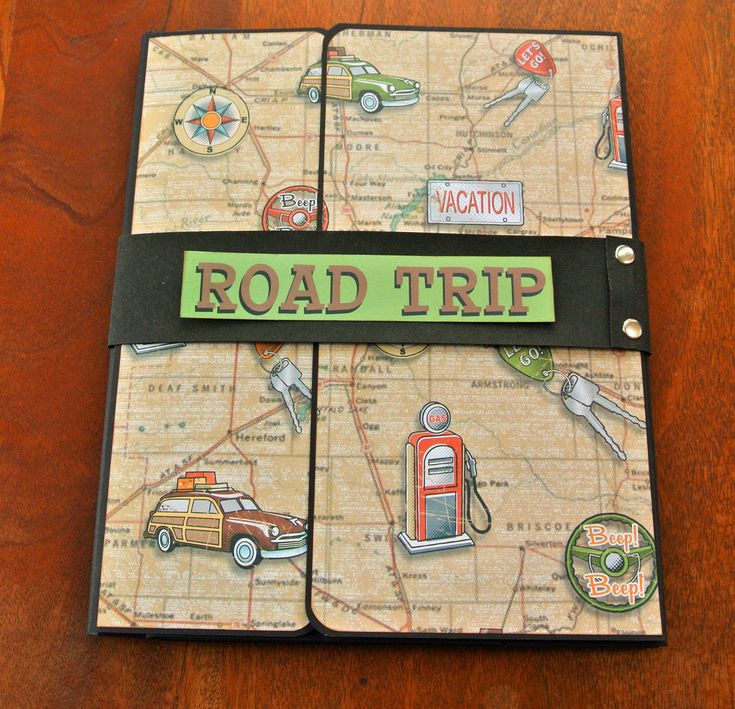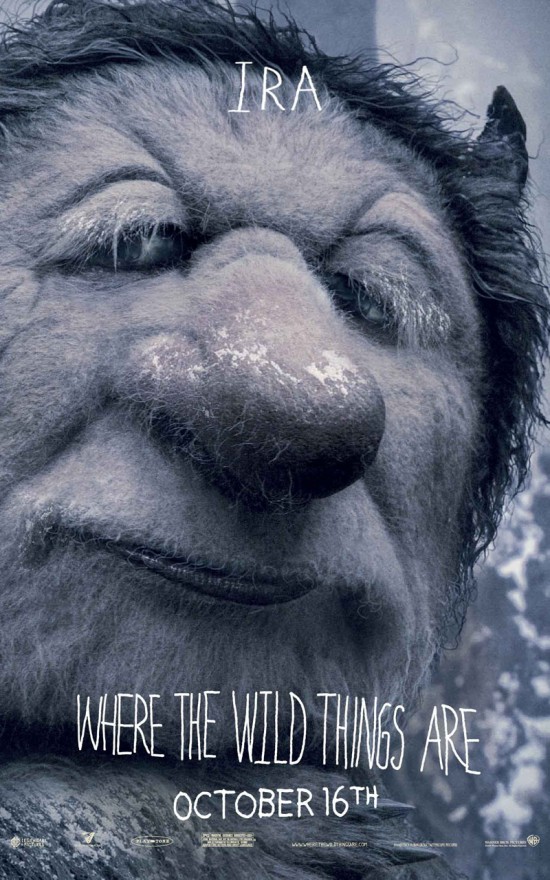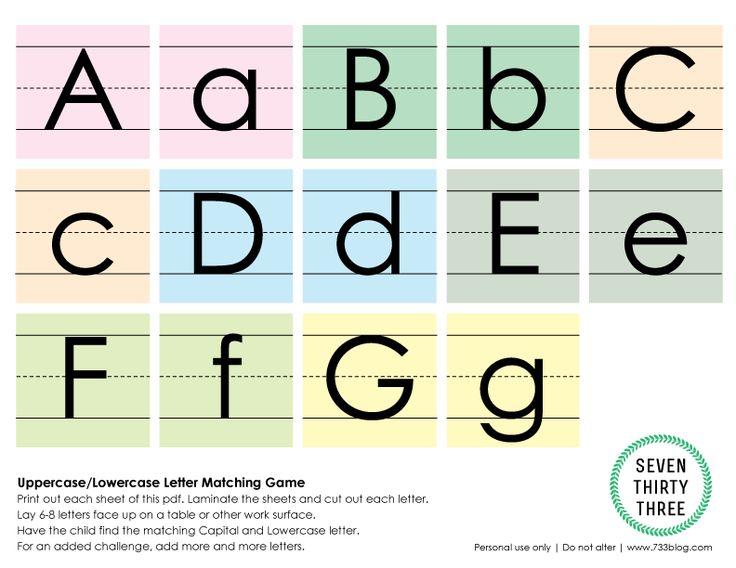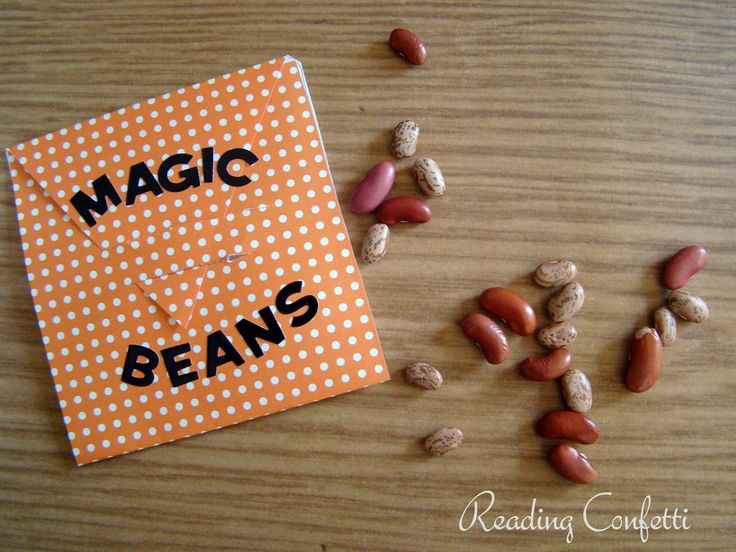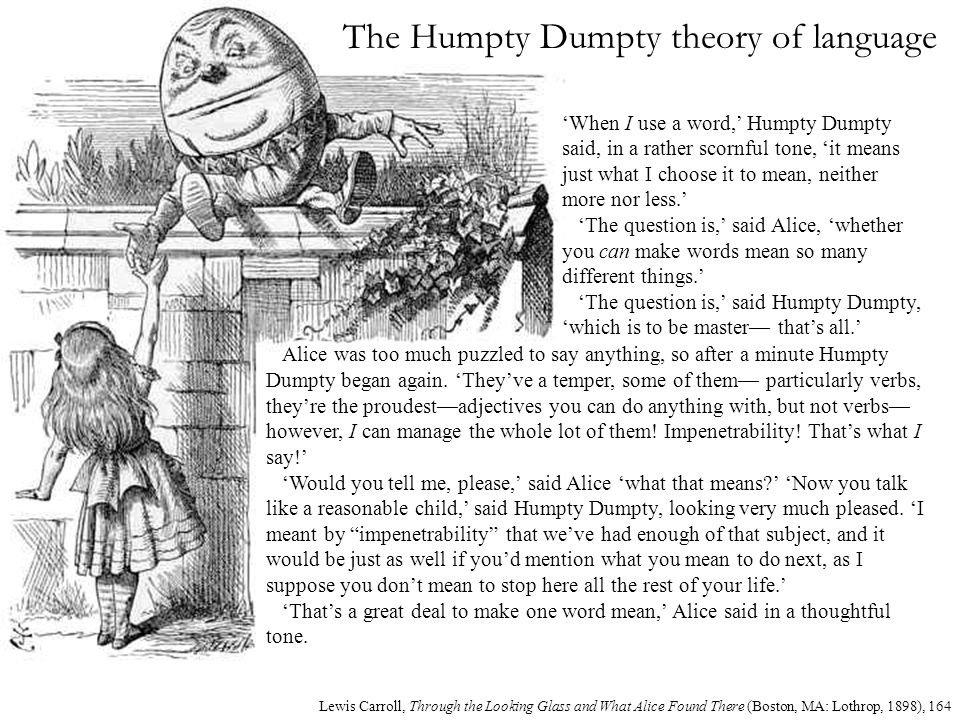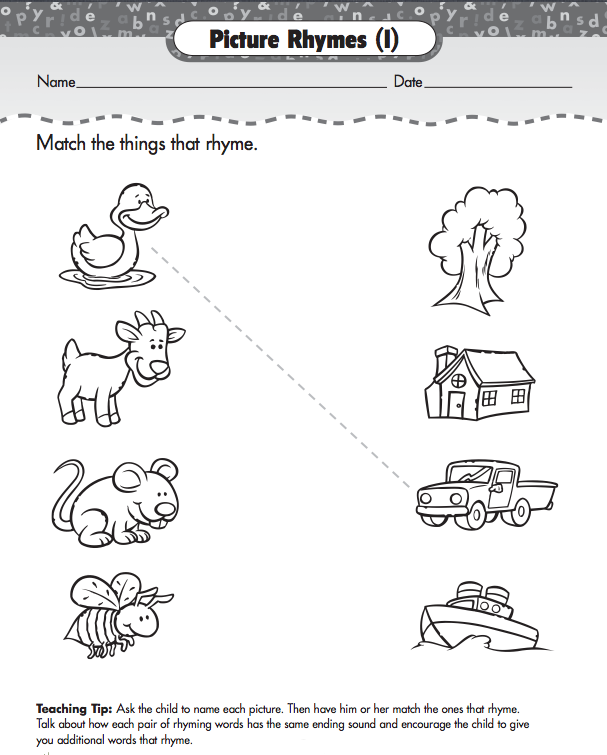Consonant doubling word list
Spelling Words with Double Consonants
by Yen Cabag | 4 comments
Many words that end with a consonant (a letter that isn’t a vowel) require that the ending consonant be doubled when you add a suffix to them.
These suffixes can include –ed to form the past tense, –ing to form the present progressive tense, or –er and –est to denote comparison.
For example, “She slapped the mosquito.”
The word “slapped” is pronounced as one syllable, “slapt,” but it’s spelled like it has two syllables. The same principle applies to the word “spelled” and many others.
Do’s and Don’ts for Spelling Words with Double ConsonantsHowever, not all consonants are doubled when we add these suffixes, so you need to learn the rules for spelling words with double consonants.
When you attach a suffix to CVC words, DO double the ending consonants.Three-letter words that follow the Consonant – Vowel – Consonant (CVC) pattern always have their last consonant doubled when you add a suffix. For example:
- sip – sipped – sipping
- cap – capped – capping
- tap – tapped – tapping
- pot – potted – potting
- dip – dipped – dipping
- sit – sitting
- rob – robbing – robbed – robber
This rule also includes four-letter words that begin with blended consonants, such as pl-, sl– sh-, cl-, and bl-, among others. For example:
- slip – slipped – slipping
- drop – dropped – dropping
- crop – cropped – cropping
- clip – clipped – clipping
- clop – clopped – clopping
- stop – stopped – stopping
- grab – grabb ed – grabbing
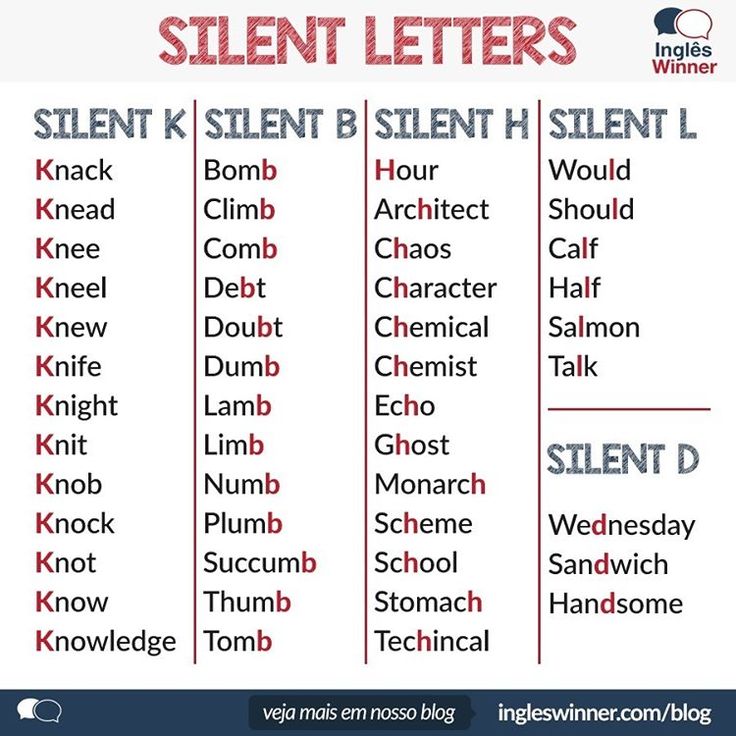
For words with more than one syllable, the key to remember is whether the last syllable is stressed or not. If the stress falls on the last syllable, double the consonant; otherwise, keep it single.
For example:
begin – beginning
The word “begin” is stressed in the last syllable; therefore you have to double the letter “n” before you add -ing.
How about for the word “visit”? The stress falls on the first syllable. This means we do not double the letter “t,” and instead, we spell it as “visited” or “visiting.”
Other examples include:
Unstressed last syllable:
- happen – happened – happening
- listen – listened – listening
- moisten – moistened – moisening
- render – rendered – rendering
Stressed last syllable:
- compel – compelled – compelling
- dispel – dispelled – dispelling
- embed – embedded – embedding
- repel – repelled – repelling
- admit – admitted – admitting
Despite this rule, though, you need to familiarize yourself with many words, because there are quite a few exceptions to this rule, such as the word “cancel.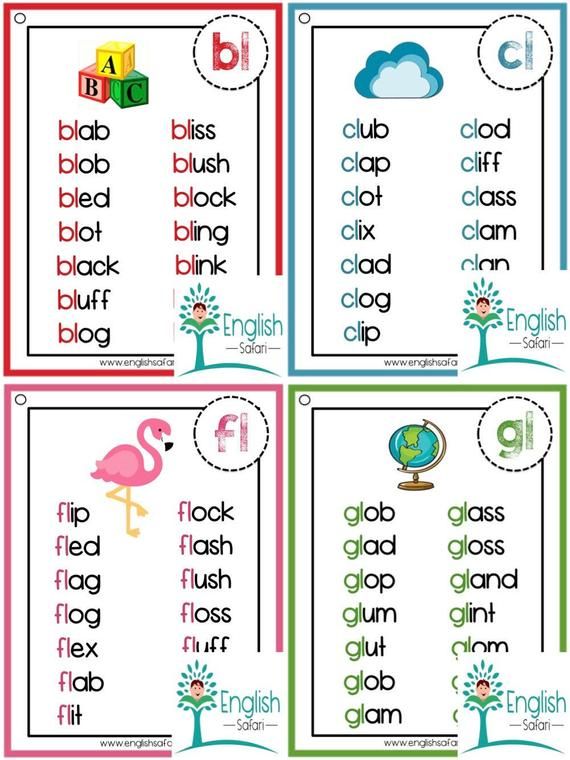 ” Cancelled and canceled are both accepted (Americans prefer canceled, while most of the rest of the world prefers cancelled).
” Cancelled and canceled are both accepted (Americans prefer canceled, while most of the rest of the world prefers cancelled).
Based on this rule, the following words, since they end in two vowels and a consonant, do not require double consonants:
- conceal – concealed
- reveal – revealed
- unveil – unveiled
In English, a vowel sound can be short or long. For example, for the letter “a,” the short sound occurs in the word “mat,” while the long “a” sound occurs in “mate.”
Words with two syllables that feature a short vowel sound in the first syllable typically have a double consonant following it. This actually functions as a way to “protect” the short vowel sound. For example, the word “apple” contains two “p’s” and helps you determine that the word uses a short “a” sound.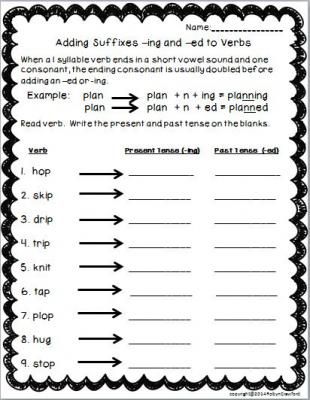 If it were spelled “aple,” it would be pronounced with a long “a” sound.
If it were spelled “aple,” it would be pronounced with a long “a” sound.
Examples of words that follow this rule are:
- matter
- batter
- butter
- bitter
- Polly
- dinner
- cottage
- drizzle
- rubber
- muffin
- coffin
If a two-syllable word has a long vowel sound in the first syllable, we don’t double the middle consonant. For example:
- spider
- minor
- bugle
- tuba
If a word ends in a consonant blend, such as –ng, –nk, –st, do not double the last consonant.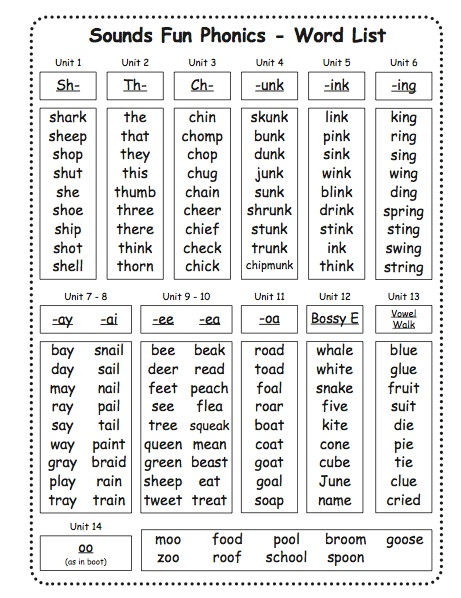
For example:
- link – linked – linking
- milk – milked – milking
- post – posted – posting
- jump – jumped – jumping
- form – formed – forming
- bond – bonded – bonding
- park – parked – parking
Check your spelling skills with this free Spelling Words with Double Consonants PDF Quiz by circling the correct spelling of the words in brackets.
- Did you hear what [happenned / happened] during Ira’s birthday party?
- He quickly [formmed / formed] his opinion of Lady Margaret.
- The father and son [bonded / bondded] over ice cream.
- The [cotage / cottage] looks very inviting.
- The government [compeled / compelled] everyone to be listed in the national ID system.
- Weren’t you [listening / listenning]?
- The three-year-old painstakingly [arranged / aranged] his toys on the shelf.
- The young mother wanted her children to appreciate their [differences / diferences].
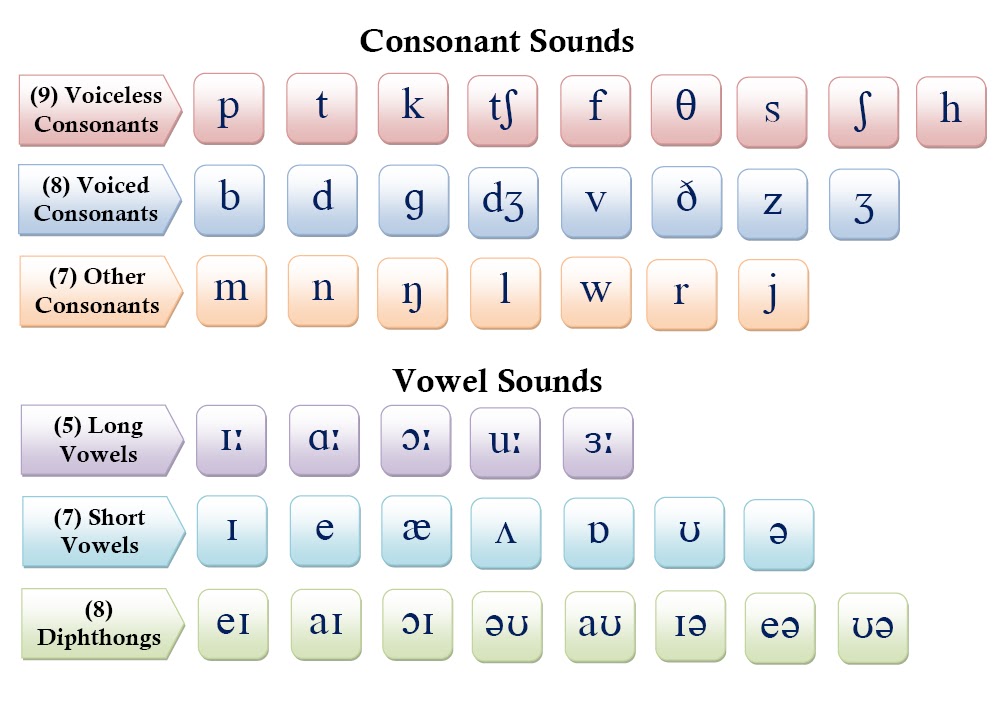
- She’s [ridden / riden] a horse before, hasn’t she?
- “The three little kittens, they lost their [mitens / mittens], and they began to cry.”
- “[Rabbi / Rabi], did you call me?” he asked eagerly.
- “No, I don’t like spiders,” she said with a [shuder / shudder].
- The quick brown fox [jumped / jumpped] over the lazy dog.
- Do you like [aples / apples]?
- The [rabit / rabbit] nibbles on a carrot.
- Did you hear what happened during Ira’s birthday party?
- He quickly formed his opinion of Lady Margaret.
- The father and son bonded over ice cream.
- The cottage looks very inviting.
- The government compelled everyone to be listed in the national ID system.
- Weren’t you listening?
- The three-year-old painstakingly arranged his toys on the shelf.
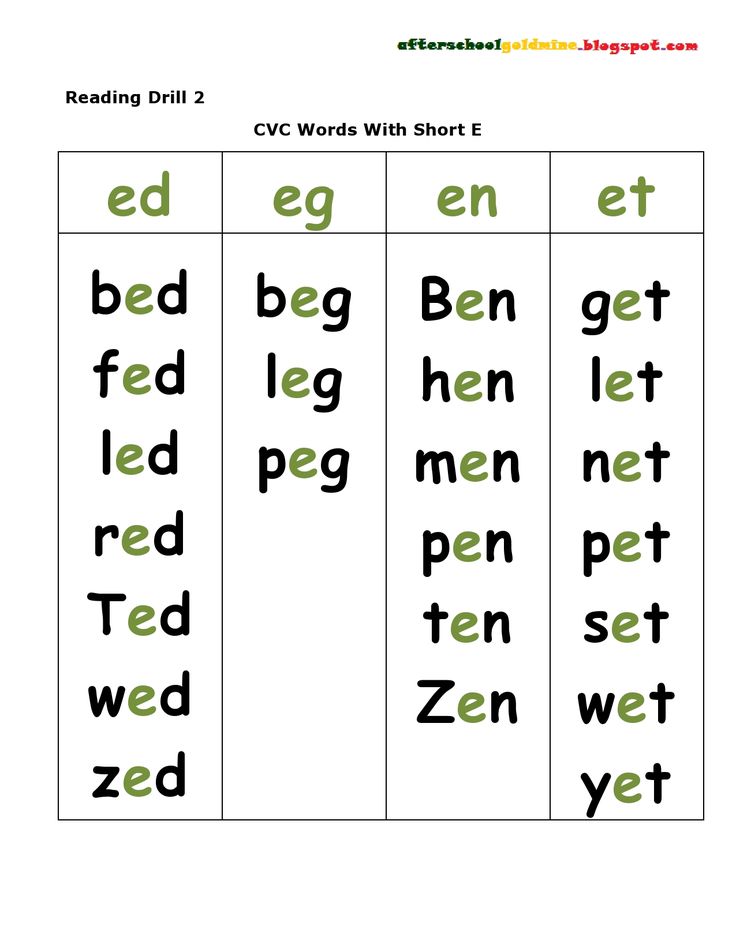
- The young mother wanted her children to appreciate their differences.
- She’s ridden a horse before, hasn’t she?
- “The three little kittens, they lost their mittens, and they began to cry.”
- “Rabbi, did you call me?” he asked eagerly.
- “No, I don’t like spiders,” she said with a shudder.
- The quick brown fox jumped over the lazy dog.
- Do you like apples?
- The rabbit nibbles on a carrot.
Spelling rules are important to memorize if you want to avoid embarrassing mistakes. Another way to improve your spelling is to look for new words frequently and visualize them in your mind’s eye.
If you haven’t done this before, take an unfamiliar word, look at it for some time, then close your eyes and try to visualize the word. Do this with as many words as you need, and you will soon find that you can almost instinctively tell when a spelling looks “off.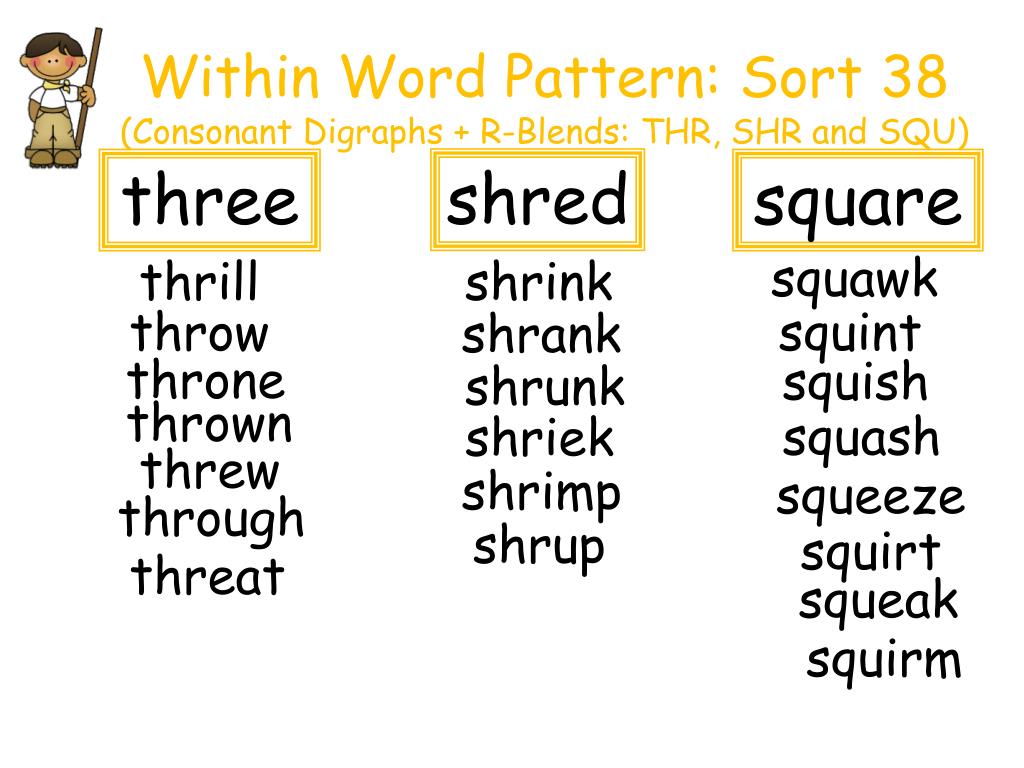 ”
”
Did you find this post helpful? Let us know in the comments below!
If you enjoyed this post, then you might also like:
- Open and Closed Compound Words: Common Examples and Rules for Spelling
- How to Study for a Spelling Test: 8 Tips for Better Results
- American vs. British Spelling: Orthography and Alternate Spellings of Common Words
- How to Spell Better Using the Secrets of Spelling Bee Winners
Yen Cabag
Yen Cabag is the Blog Writer of TCK Publishing. She is also a homeschooling mom, family coach, and speaker for the Charlotte Mason method, an educational philosophy that places great emphasis on classic literature and the masterpieces in art and music. She has also written several books, both fiction and nonfiction. Her passion is to see the next generation of children become lovers of reading and learning in the midst of short attention spans.
6 Rules Every Writer Should Know
Double consonants are a complicated part of the English language.
Mastering the rules affecting them will level up your spelling comprehension.
But fair warning: things can — and do — get confusing.
Double consonants aren’t what you would call “straightforward.”
So if you’re learning English or brushing up on the basics, it’s wise to spend time reviewing double consonants and when to apply them.
To that end, we’ve made this double consonant study sheet.
There’s even a quiz at the end to test your skills.
What’s In This Article?
[hide]
What is a Double Consonant?
Double consonant words have two consonants in a row, like “tunnel.”
The phrase, technically, can also apply when two different consonant sounds occur in succession, as with “stamp.”
But when people talk about double consonants, they’re almost always talking about words with repeating consonants.
Double consonants can be a spelling obstacle. Since the rules (which we’ll get to below) don’t hew to a single pattern, it can be challenging to remember when to double a consonant and when to leave it be.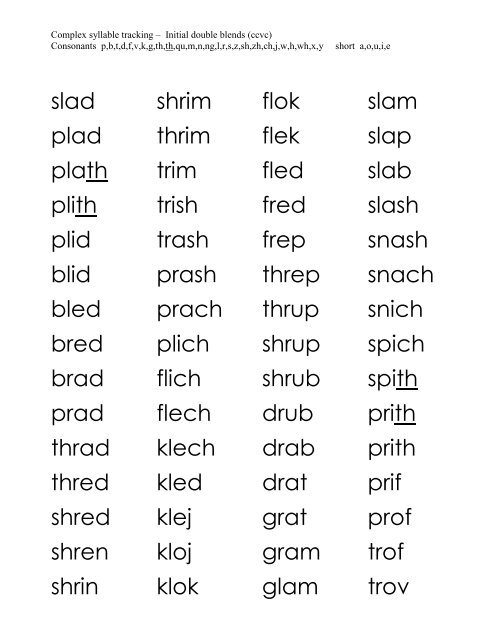
Generally, words that end in certain suffixes often call for double consonants. What are suffixes? They’re the endings tacked onto words to change their tense.
The following are common English word suffixes:
- -ed
- -ing
- -er
- -est
When adding one of these endings, there’s about a 75% chance you’ll need to double the preceding consonant.
Double Consonant Word List
We’ve looked at the definition of double consonant. Now, let’s review a list of words with double consonants. Bookmark this page and head back when you need to check whether a given word has a double consonant.
Words That End in Double Consonants
Here’s a list of words that end with double consonants.
- Bell
- Sell
- Smell
- Tell
- Doll
- Skull
- Class
- Dress
- Bliss
Words With Double Consonants in the Middle With an
-ed EndingHere’s a list of words with double consonant examples wherein the word has doubled consonants in the middle with an -ed ending.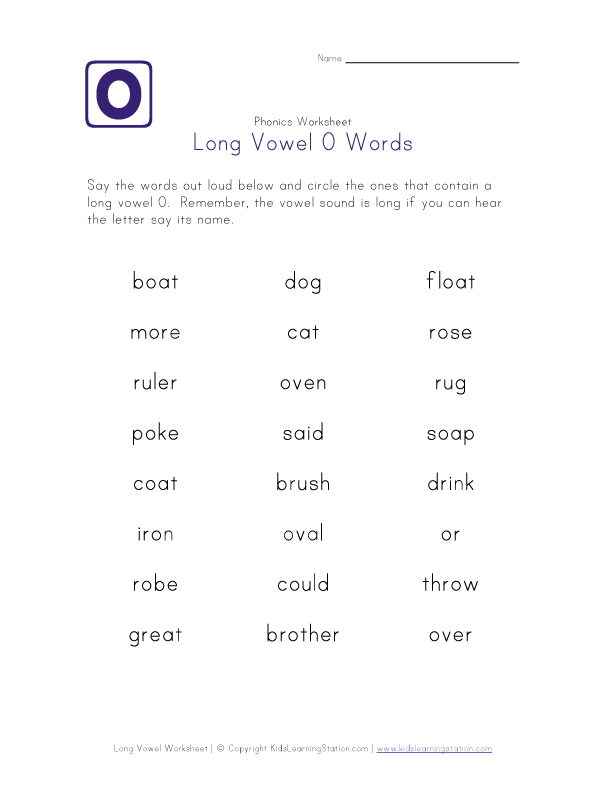
- Tapped
- Dropped
- Stopped
- Clipped
- Sipped
A Random List of Double Consonant Words
- Abbess
- Address
- Annex
- Bitten
- Better
- Bossy
- Buttress
- Better
- Cuddle
- Currant
- Collect
- Dimmest
- Dizzy
- Divvy
- Eggplant
- Frizzy
- Flippant
- Gimmick
- Gibbon
- Grizzly
- Hissing
- Hidden
- Immune
- Innate
- Jiffy
- Mastiff
- Quizzes
- Ripple
- Shipping
- Summon
- Silly
- Tariff
- Tizzy
- Unzipped
- Whippet
- Zippy
How Do You Find the Double Consonant Word?
As you can see, double consonants are everywhere and are frequently found in words that have suffixes like —ed and —ing. But how can you pick them out?
It’s easy: Simply look for two consonants in a row.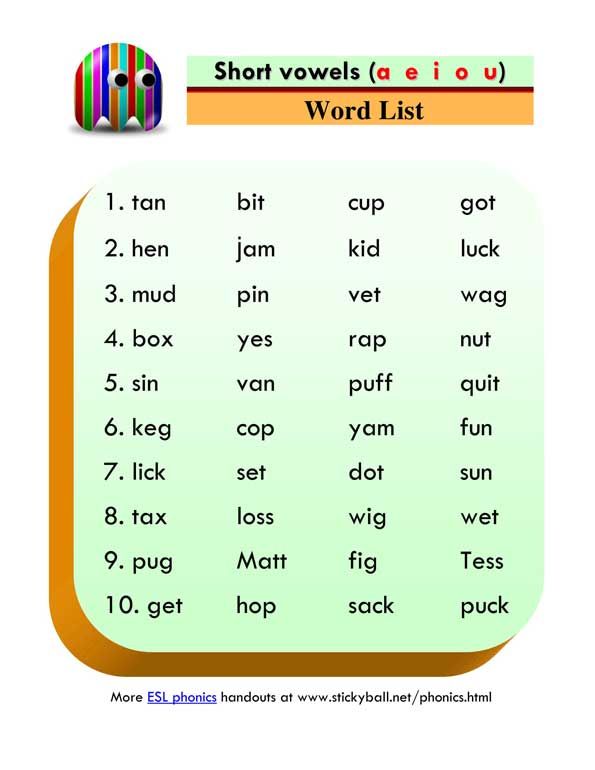 Many people think all double consonant words have the same letter repeated twice in a row. Technically, however, double consonant words with different letters also exist.
Many people think all double consonant words have the same letter repeated twice in a row. Technically, however, double consonant words with different letters also exist.
For example:
- Cramp
- Lamp
- Blot
- Blowtorch
- Glamping
- Standing
Double Consonants Rules: 6 Rules Every Writer Should Know
Several grammar rules apply to double consonants. Let’s review six of them.
The CVC Rule
CVC stands for “consonant, vowel, consonant.” When the three last letters of a one-syllable word adhere to the CVC pattern, the final consonant is doubled when adding a suffix. For example:
- “Drop” becomes dropped or dropping.
- “Big” becomes bigger or biggest.
- “Rest” becomes rested, not restted, because the last three letters have a “vowel, consonant, consonant” pattern.
The Pronunciation Conundrum
Some double consonant words are pronounced as either one or two syllables, but the spelling remains the same.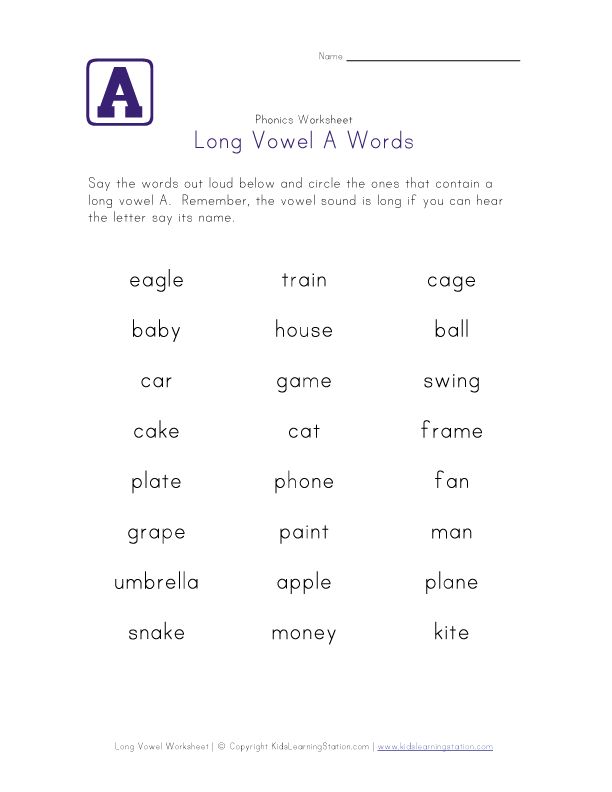
For example, “blessed are the meek, for they shall inherit the Earth” is a famous saying. However, the proper pronunciation for “blessed” isn’t the standard, one-syllable way. Instead, it becomes a two-syllable word in the “meek” statement.
When is it one syllable, and when is it two? Unfortunately, it’s contextually dependent.
The Syllable Stress Rule
As the name suggests, the syllable stress rule requires a good grasp of how syllables work in English. Instead of focusing on the consonants, it’s anchored in the syllable count.
How does it work?
If you stress the first syllable of a given word, don’t double the consonant. If the second consonant is stressed, go ahead and double up. To wit:
- “Begin” becomes “beginning” because be- is the stressed syllable, so you add another consonant.
- “Visit” becomes “visiting” or “visited” because -it is the stressed syllable, so you don’t double the consonant.
The Vowel Length Rule
Vowels in the English language can either be short or long.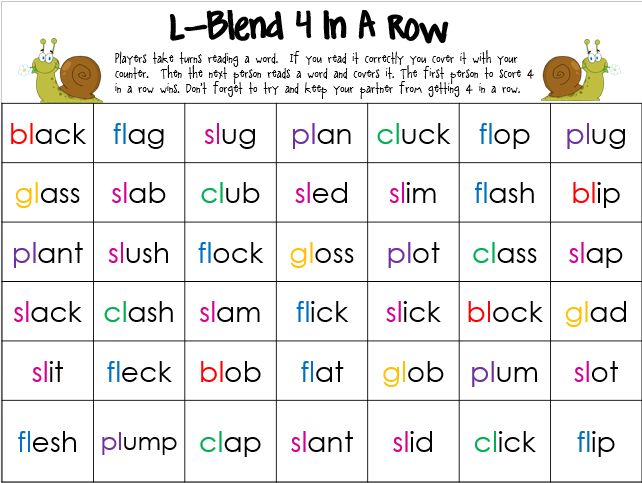 Short ones appear in words like “mat” and long ones in locutions like “mate.”
Short ones appear in words like “mat” and long ones in locutions like “mate.”
In most circumstances (but not all), two-syllable words with a leading short vowel have a double consonant following them.
Examples of words that follow the vowel-length double consonant rule are:
- Matter
- Butter
- Dinner
- Cottage
- Drizzle
- Rubber
- Muffin
A good way to remember this rule is by thinking of the word “apple.” It starts with a short “A” vowel followed by two “Ps.” So if the “A” you’re considering has the same sound as the one in “apple,” it probably calls for a double consonant.
The Consonant Blend Rule
If doubling creates a consonant blend, don’t do it. For example, keep it single when a word ends in -rm, –ng, –nk, –st, or -rk. To wit:
- “Link” becomes “linked” or “linking.”
- “milk” becomes “milked” or “milking.”
- “post” becomes “posted” or “posting.”
- “form” becomes “formed” or “forming.
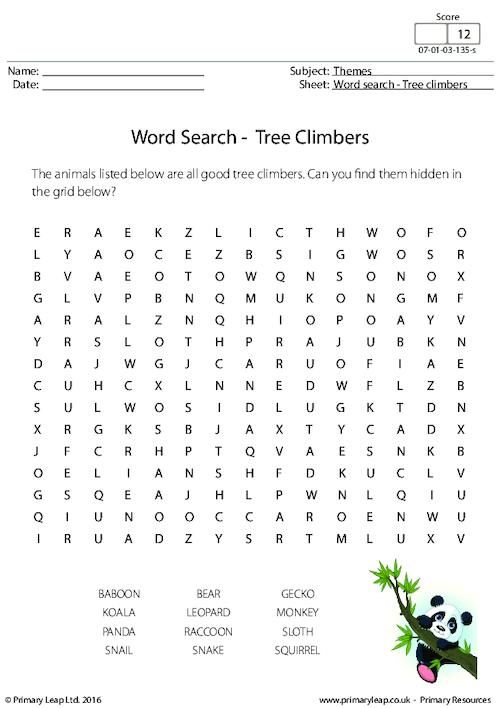 ”
”
The Rabbit Rule
The “rabbit rule” states that if a word has two syllables, only one consonant sound sits between the vowels, and the vowel is short, then the consonant in the middle is doubled.
For example, rabbit, happy, and kitten are all words with two syllables and a short vowel, meaning that the consonants’ bb, pp, and tt are doubled.
The One Vowel, One Consonant Rule
For single-syllable words, double the final consonant only if the word ends in one vowel and one consonant. For example, “mat” would become “matted.”
For multisyllabic words, double the final consonant if the word ends in one vowel, one consonant, and the last syllable is stressed.
The W-X-Y Rule
The W-X-Y rule is simple. At the end of a word, don’t count w, x, or y as a consonant. Moreover, when sticking suffixes on the end, you never double consonants that fall into this category.
More Related Articles
Does A Comma Go Before Or After But?
So Where Does The Comma Go? Before Or After So?
15 Common Grammar Mistakes That Kill Your Writing Credibility
Test Your Knowledge of Double Consonants
We’ve discussed the ins and outs of double consonants in the English language.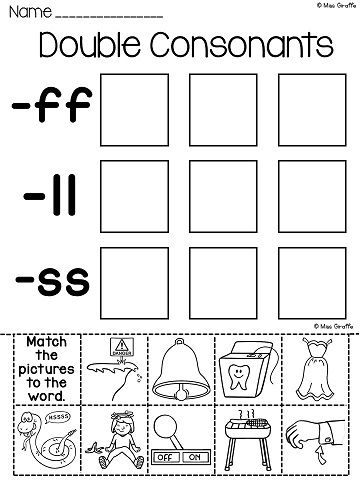 Now, let’s do a quiz! Don’t worry. We’re not grading you.
Now, let’s do a quiz! Don’t worry. We’re not grading you.
Part One: Pick the Right Word
- I love to watch [jumpping / jumping] cats. They’re so athletic and impressive.
- I [parked / parkked] the car at Harvard Yard and gave the attendant a quarter.
- Eating an [aple / apple] a day keeps the doctor away.
- [Listening / Listenning] to calming music can help soothe anxiety.
- I asked my [rabbi / rabi] to help me pick a haftarah portion for my bat mitzvah.
- My dog likes to [nibble / nible] on snacks while watching TV — just like a human!
- [Writting / Writing] is difficult, and writer’s block is a serious issue for many authors.
- We spent Christman morning [unwraping / unwrapping] a pile of presents and the afternoon stuffing our faces.
- Anyone with cat children understands there’s nothing on this planet that’s more adorable than [kittens / kitens].
- What [happenned / happened] on the way to the theater?
- Lifestyle [differences / diferences] frequently affect compatibility.
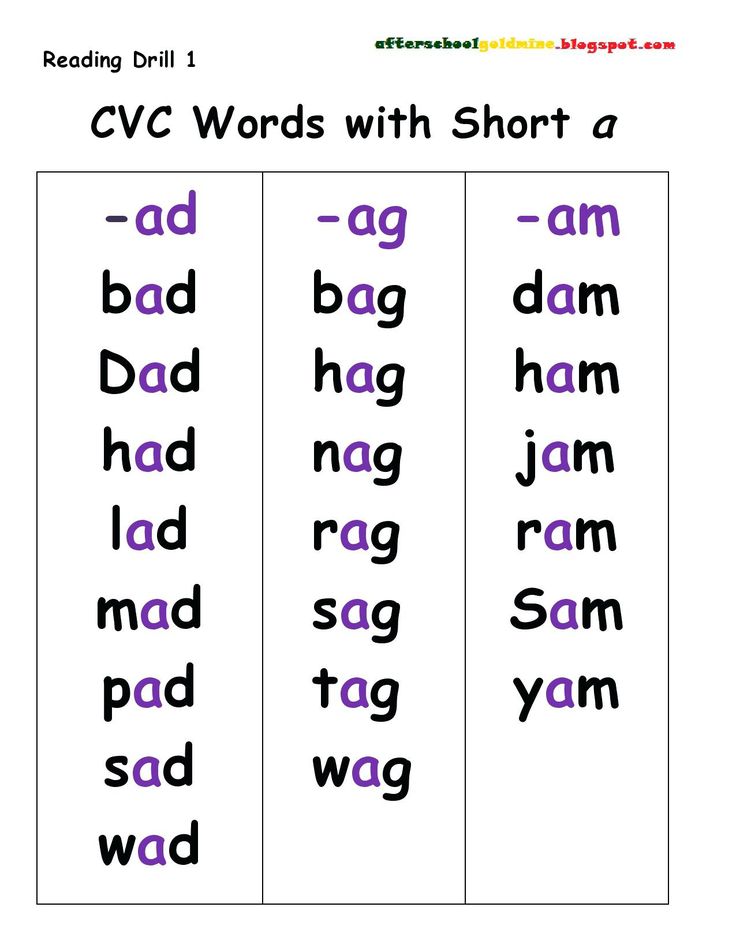
- Lars [robed / robbed] Lulu’s heart, so she ended things with Larry.
- Were you [readmitted / readmited] into the zoo, or did they remember the Great Sloth Incident of 1999?
- Mimi [stopped / stoped] at the red light even though nobody was around for miles.
- I [posted / postted] the results, and you-know-who threw a temper tantrum.
Part Two: Answer Questions
16. What isn’t a double consonant rule?
- The Syllable Stress Rule
- The Vowel Length Rule
- The Consonant Length Rule
- The Consonant Blend Rule
17. What letter should count as a consonant at the end of a word?
- W
- X
- V
- Y
18. What is the “rabbit rule”?
- You must knock on a piece of wood every time you see a rabbit.
- When words with two syllables have a short vowel and only one consonant sound is placed between the vowels, the middle consonant is doubled.
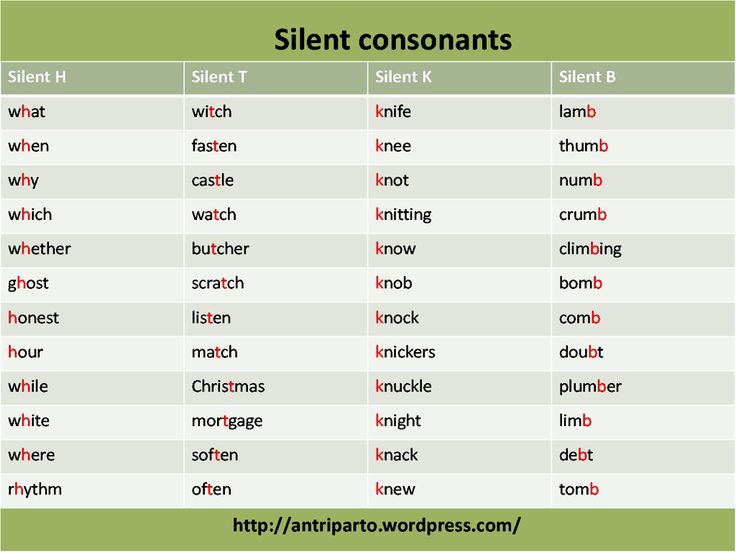
- Animal words always have two “Bs.”
- All hopping animal words have double consonants.
19. Which Sentence is true?
- “Fate” has a long vowel.
- “Apple” has a long vowel.
- “Mister” has one syllable.
- “Fat” has a short vowel.
20. For which one of these words would you double the final consonant before adding -ing?
- Land
- Cast
- Herd
- Clot
Answers
- Jumping
- Parked
- Apple
- Listening
- Rabbi
- Nibble
- Writing
- Unwrapping
- Kittens
- Happened
- Differences
- Robbed
- Readmitted
- Stopped
- Posted
- 3 – The Consonant Length Rule
- 3 – V
- 2 – When words with two syllables have a short vowel, and only one consonant sound is placed between the vowels, the middle consonant is doubled.
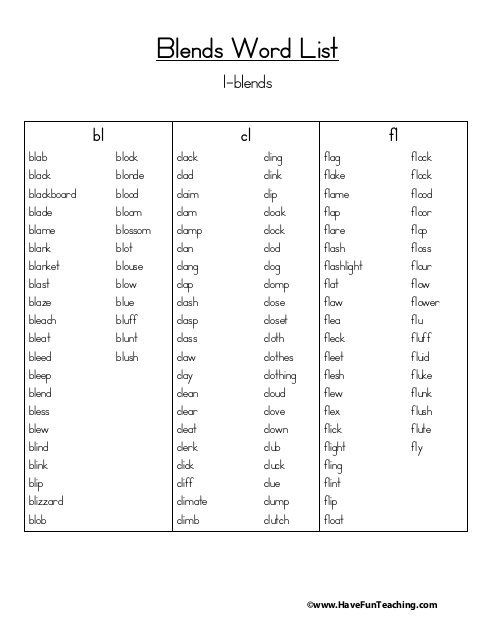
- 4 – “Fat” has a short vowel.
- 4 – Clot
Final Thoughts
Writing is an important skill. The better you are, the more professional opportunities will land in your lap. It really is that simple.
Moreover, although it’s a common bias, people who write well are typically seen as more intelligent, trustworthy, and reputable.
So put a little elbow grease into your writing. Spend 15 minutes studying every day. Within six months, your skills will improve. It may stretch your brain, but that’s a good thing.
If you know others who are learning English or brushing up on their skills, please feel free to share this page.
37 simple words with double consonants (or not), in which even literate people make mistakes
There are two problems with double consonants: we either double them where we don’t need to, or we completely forget to do it. It's hard to figure out which is which. Only if you don't have super memory. Gallery or gallery, cappuccino or cappuccino, banner or banner - now you will learn how to write these insidious words.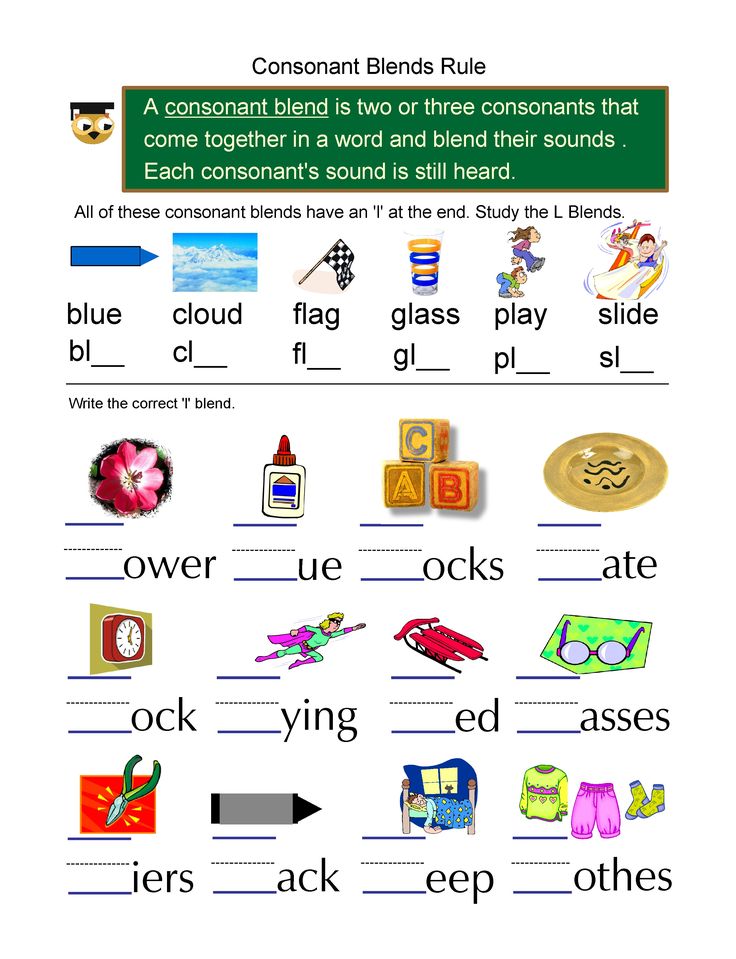
Correct: x number
An adjective that was born from one letter. Literally! "Ennoe" comes from the Latin N (en!), Means "some, some, indefinite." For example, nth amount of time, nth amount, nth number. And it is always written with two "H".
Correct: art gallery
Mindfulness test. We decided to complicate and give a couple of words at once - with errors in each. Let's start with the gallery. In French, "gallery" is written with one "l" (galerie), in Italian and English - with two (galleria and gallery). Try to figure it out! The word came to us from France. Therefore, in the Russian language, "gallery", despite the intrigues of the Italians and the British, took root with one letter "L".
As for "art", this is a classic dictionary word: the root of "arts" and a modest ending in the form of the letter "O". It is impossible to check, all hope is in memory. And do not confuse "art" with the adjective "skillful" - in modern Russian, these words are not considered to have the same root. Therefore, the number of consonants is different.
Therefore, the number of consonants is different.
Correct: cappuccino, glaze
The pain of coffee lovers. The coffee drink "glace" with a scoop of ice cream on top came to us from the French language (glace), where there are no doublings. With fellow "cappuccino", a native of Italy (cappuccino), everything is not so simple. The Italians not only rewarded him with luxurious milk foam, but also generously sprinkled him with consonants that did not reach the Russian language. Well, if you are a latte lover - continue to quietly double the "T". In this word it is possible.
Correct: hummus
You come to a trendy place, and “hummus”, an oriental snack, aggressively jumps out at you from the menu. The dish is based on chickpea paste with the addition of sesame seeds. In general, it is delicious, if you do not pay attention to the mistake that the English equivalent of hummus provokes. In Russian, doubling did not take root.
Correct: zucchini
Zucchini is a variety of zucchini, only usually smaller in size, and its skin is darker.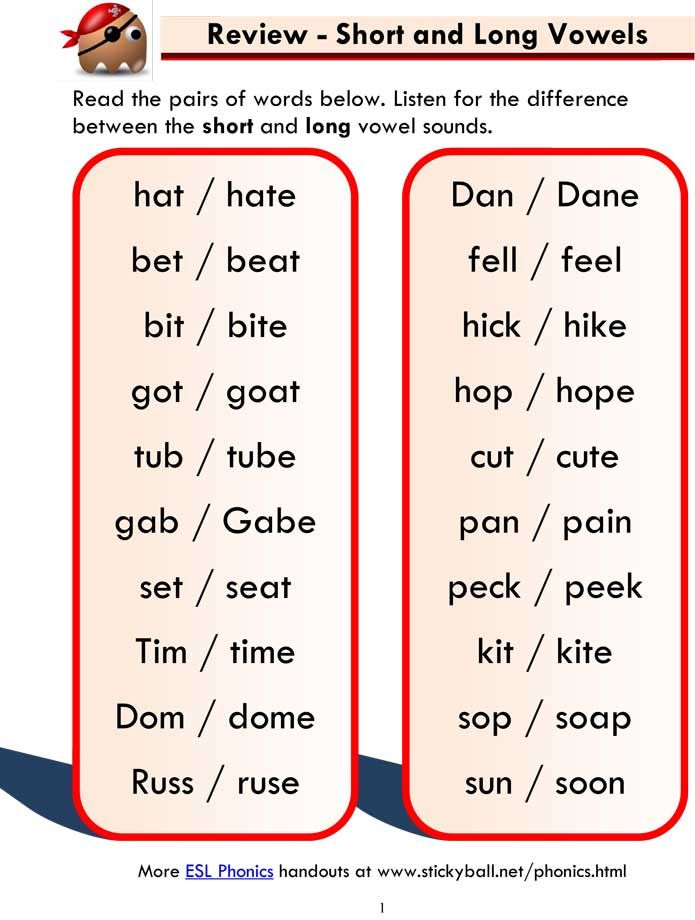 Both of these "guys" belong to the gourd family, and there are no double consonants in their name, even if the original language (from Italian zucchini) is misleading.
Both of these "guys" belong to the gourd family, and there are no double consonants in their name, even if the original language (from Italian zucchini) is misleading.
Correct: ice cream, cake
"Ice cream" is not only the best dessert at any time of the year, but also a noun formed from the imperfective verb "freeze". According to the rules, in such cases, the consonant is not doubled. A double "H" appears if the verb "freeze" turns into an adjective with dependent words or into a participle. For example, "frozen dessert".
There is another problem with "cake". For some reason, many people think that this is the twin of "ice cream", and they write it the same way - "cake" (395,000 results on Google). In fact, the word is formed from the adjective "cake", and then, in turn, from the noun "pie". There is no letter "e" in the base and cannot be.
Correct: metal, aluminum
Heavy metals on the horizon. Or metals? The conversation turns to the direction in music - we write "metal".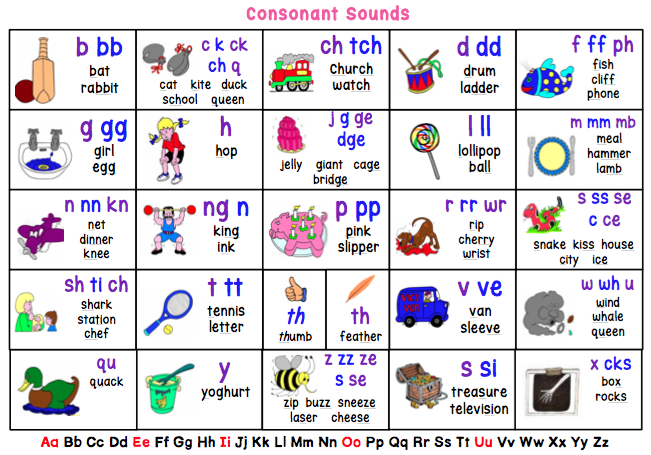 You express your attitude to substances and alloys - we write "metal". The noun comes from the Latin metallum ("mine", "mine") and refers to dictionary words. Aluminum is one of the metals, chemical elements. If you remember the periodic table, then there he is known under the code name Al. It comes from the Latin word alumen, it is considered a dictionary word, so you just need to memorize it too.
You express your attitude to substances and alloys - we write "metal". The noun comes from the Latin metallum ("mine", "mine") and refers to dictionary words. Aluminum is one of the metals, chemical elements. If you remember the periodic table, then there he is known under the code name Al. It comes from the Latin word alumen, it is considered a dictionary word, so you just need to memorize it too.
Correct: appeal
In the Mel world, an appeal is a challenge to exam results. It will be correct to appeal with two "L" (and without prepositions between the verb and the noun). If you need to say that we are applying for something specific, then the pretext “on” appears: to file an appeal against the result of the Unified State Examination in English.
Correct: alligator, hippopotamus
Creepy animals, but if you suddenly have to write, you should be prepared. An alligator (from the English alligator) is a type of crocodiles that are mainly found in America and South China.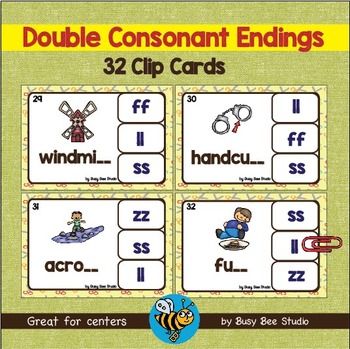 Hippopotamus (from Greek hippopotámios) is a synonym for hippopotamus. So do not try to say for the sake of a beautiful word - it's still the same thing.
Hippopotamus (from Greek hippopotámios) is a synonym for hippopotamus. So do not try to say for the sake of a beautiful word - it's still the same thing.
Correct: dealer
A dealer can be confused with a killer. Well, yes: both refer to borrowed words, and the spelling rules are determined by the dictionary. Nothing more in common. With the word "dealer", everything is clear in principle: it came from the English word dealer, in translation it means "trader". No double consonants. And don't think too much!
Correct: terrorist attack
The word “terrorist attack” is an abbreviation for the phrase “terrorist act”. Only, unlike the nouns "terrorism" or "terror", double consonants are not needed in it. According to the rules, when abbreviating words containing a double consonant, only one is preserved - in our case, the letter "P". More examples: special correspondent (special correspondent), grupkom (group committee).
Correct: terrace
The word "terrace" is of French origin, where it has two pairs of doubled consonants at once - terrasse. Only the double "R" reached the Russian language. Although there is an opinion among sofa experts that “terrace” and “terrace” are equal options. But you don't believe them.
Only the double "R" reached the Russian language. Although there is an opinion among sofa experts that “terrace” and “terrace” are equal options. But you don't believe them.
Correct: asymmetry
An interesting Google statistic: there are 496,000 results for "asymmetry" with two C's. And this is a mistake. Fortunately, there are more results for the competent query "asymmetry" with two "M": more than two million. At the same time, remember the difference between the paired words symmetry and asymmetry - this is not only a negative prefix "a", but also an accent.
Correct: shopping
Today, few people go shopping. Everyone is shopping! In English, the word is written with a double consonant - shopping. Here it is important to remember the spelling rule for foreign words: if there is a single-root word, then we write with one consonant. We check with the word "shop" (for example: shop tour).
Correct: offshore, traffic
The Russian language is merciless to all anglicisms that try to impose a double consonant on it. Traffic, office, offline, offshore - for the Russian language, the loss of a consonant is typical for borrowings. Although in some places the outdated spelling with two “Ф” is still common (you can ask Google - it will confirm), the modern spelling norm is traffic, office, offline, offshore.
Traffic, office, offline, offshore - for the Russian language, the loss of a consonant is typical for borrowings. Although in some places the outdated spelling with two “Ф” is still common (you can ask Google - it will confirm), the modern spelling norm is traffic, office, offline, offshore.
Correct: Maslenitsa
The name of the winter pancake holiday Shrovetide is written with one “n”, since it is formed from the adjective “oily” with the suffix “-en”. And now the trick: if you add a prefix to "buttered", the number of "n" doubles sharply: oiled, oiled, oiled. It's called word formation, folks!
Correct: birthday girl
Birthday is a sad holiday (especially when you are congratulated “happy birthday”). In order not to make a mistake in writing the words "birthday boy" and "birthday girl", you need to at least mentally do a morphemic analysis of the word (the second time came in handy!). The root is "im", the interfix is "en", the suffix is "in", another suffix is "nits" and the ending is "a". At the junction of two suffixes we write a double "n".
At the junction of two suffixes we write a double "n".
Correct: a blogger on Instagram
Everyone was mistaken in this word when the first bloggers appeared en masse in Runet. Times have changed, and Mel's blogs have changed LiveJournal. Foreign words are characterized by doubling the root consonant before the suffix — blog => blogger. In Russian, the practice is different, and doublings are not saved - blog => blogger. Social networks have been written about many times. See how their names are spelled in the original: Instagram, Telegram - do you see the doubling? This means that they are not needed in the Russian analogue either.
Correct: bulletin
French words are the most tongue-tied, they are written too tricky in Russian. Here, for example, a voting sheet with the names of candidates is a ballot (from the French bulletin). It is impossible to check the word in the best traditions of dictionary words, so we just remember.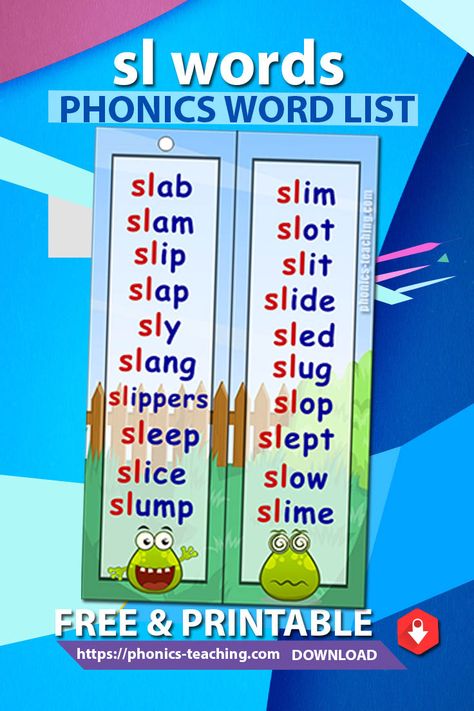
Correct: grammar
Literacy and grammar are distant relatives. Words differ in spelling and meaning, but at the same time they have very similar origins. Literacy (from Greek grammata) means the ability to read and write. And grammar (from the Greek grammatike) is a set of rules about word formation, morphology and syntax of a language.
Correct: calories, fitness
Vocabulary familiar to gym goers and lovers of healthy eating. Although even people who count calories automatically double the letter "L". Let's turn to etymology again: the word "calorie" came from the French language ("calorie") and more or less retained the original spelling. With "fitness" etymology does not help much: in the English word fitness there are really two "C" at the end, one of which was lost during the transition to the dictionaries of the great and mighty.
Correct: banner ads
They say that frequent Internet users, like you and me, have developed “banner blindness”.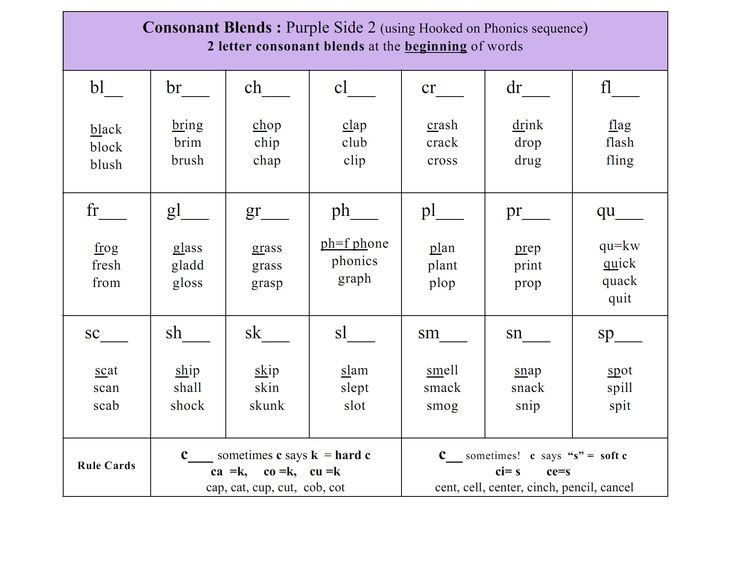 We do not see advertising banners on the sides, in the header or inside the texts on the site. Banner - anglicism (banner). This time, the Russian language did not fine anyone, and the double "H" was preserved.
We do not see advertising banners on the sides, in the header or inside the texts on the site. Banner - anglicism (banner). This time, the Russian language did not fine anyone, and the double "H" was preserved.
Correct: length
That's right: long, but length. In order not to be mistaken, remember what part of speech is in front of you. If the noun is “length”, if you turn the noun into an adjective, add plus one “H” (“long”).
Correct: crystal clear
Usually, in words that are formed from stems ending in two identical consonants, doubling is preserved. The program is program, the class is class, the score is a point system, the group is group. But there are unexpected exceptions to the rule: crystal - crystal, column - column, Finn - Finnish. If in doubt - do not be too lazy to check yourself in a dictionary (or google).
Correct: he acted confidently
Be more confident - write the word "confident" with two "H".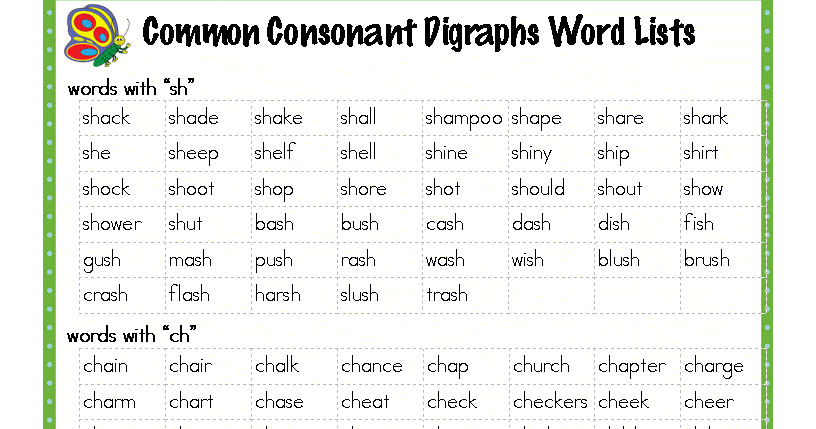 According to the rule, double "H" is written in adverbs with "-O" and in nouns with suffixes in "-ik", "-its", "-ost", formed from adjectives, if they are also written with two "H". It sounds complicated, but with examples it should become easier: confident, confident, inadvertently, captive, pupil, excitement.
According to the rule, double "H" is written in adverbs with "-O" and in nouns with suffixes in "-ik", "-its", "-ost", formed from adjectives, if they are also written with two "H". It sounds complicated, but with examples it should become easier: confident, confident, inadvertently, captive, pupil, excitement.
Correct: immunodeficiency
Compound word consisting of two parts: immunity and deficiency. All letters are preserved in their original form when connected. Immunodeficiency is a disease that manifests itself in the weakening or complete absence of immunity. So so story!
Correct: smoked sausage, dried fish
A couple of years ago, a subtle linguistic joke spread on the Internet:
“Look, we are frying potatoes. It turns out we have "fried potatoes", with one "H". Another case: we fry potatoes and decided to add mushrooms to it for taste. Then we have a dependent word, and we get "fried potatoes with mushrooms", with two "H". Everything seems to be logical. Or maybe the case when we fried potatoes, put them on a plate and decided to add mushrooms. It turns out "fried potatoes with mushrooms", again one "N". You see, it all depends on when you added the mushrooms.”
Everything seems to be logical. Or maybe the case when we fried potatoes, put them on a plate and decided to add mushrooms. It turns out "fried potatoes with mushrooms", again one "N". You see, it all depends on when you added the mushrooms.”
Joking, but it's true! The spelling of "Н" and "НН" depends on the role of the word - a verbal adjective (one letter "Н") or participle (two letters "Н"). In our case, the rule is as follows: with one “N”, adjectives are written, formed from passive participles of the past tense, if there is no prefix and they are not associated with verbs for
“-ovate”, “-evate”. Pickled cucumbers, dried fish, smoked sausage, boiled sausages.
Correct: women in labor
If you are reading the news with the headline "Moscow women in childbirth will receive boxes with dowry" and want to convict "Mel" of illiteracy - in vain. A woman in labor is a woman who is about to give birth or has recently given birth. Dowry - a set of linen for a newborn.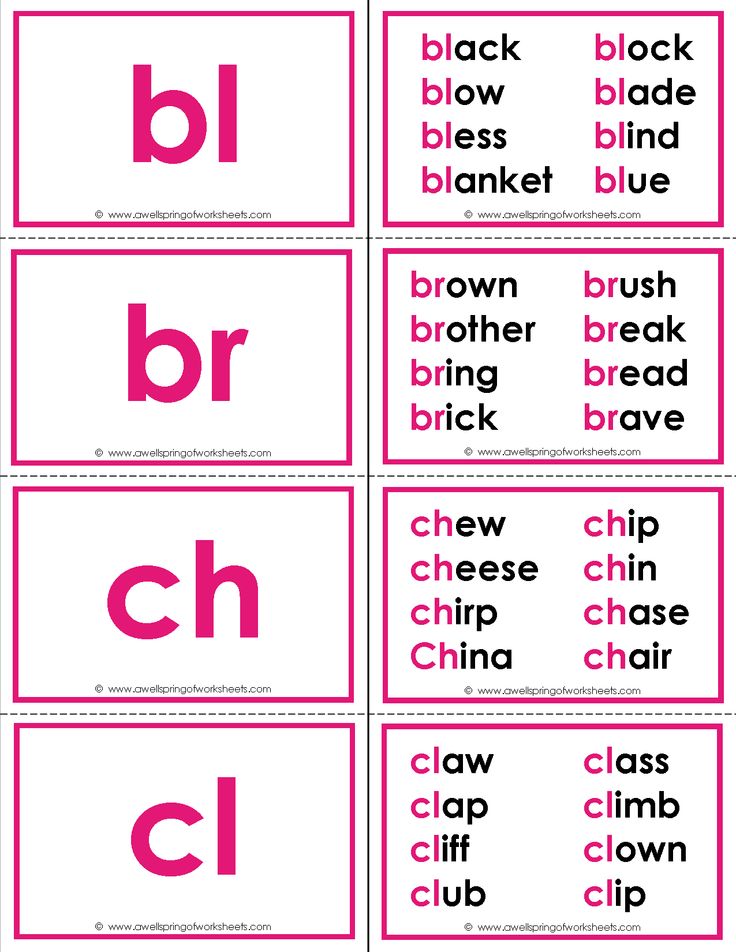 Both words are written with one "H". Do not forget about the emphasis: a woman in labor, not a woman in childbirth.
Both words are written with one "H". Do not forget about the emphasis: a woman in labor, not a woman in childbirth.
List of words with doubled consonants. Double consonants at the root of a word: examples
1. Double zh is used in the roots of native Russian words (reins, yeast, burning, buzzing, juniper) and some of the same root with them (burnt, buzzing, juniper, etc.).
2. Doubling of other consonants in native Russian words is possible only at the junction of morphemes and components of compound words.
For example, at the junction of a prefix and a root: introduction, uprising, pull, pry; root and suffix: Russian, cast-iron, carried.
As part of compound abbreviated words: maternity hospital, Obllegprom, Mosselmash.
Notes.
1. It is necessary to pay attention to the spelling of words like squeal, come, in which the combination zzh is written, and not doubled w (the sound w in combination is the result of alternating g - f, d - f, cf .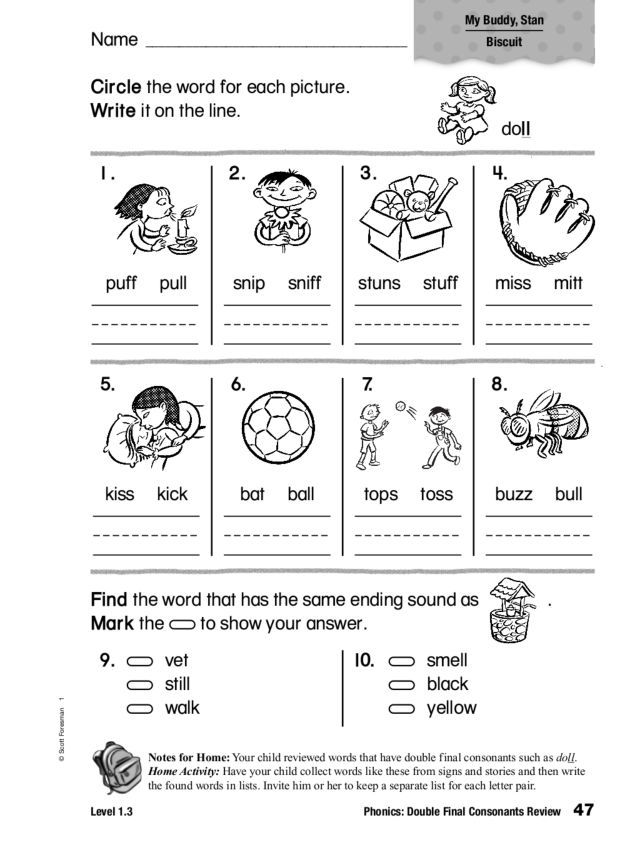 : squeal - squeal, arrival - arrive ).
: squeal - squeal, arrival - arrive ).
2. In the words mesentery (fold of the peritoneum), mesentery (collar) one is written.
3. In the word quarrel and in words derived from it, a double s is written.
4. When three identical consonants come together, only two are written: five-ton (from tons + ny), Odessa (from Odessa + sky), quarrel (from races + quarrel), etc.
Exercise 60. Write down the words with the same root, choosing in the spelling dictionary related to the following: reins, yeast, burning, buzzing, juniper.
Exercise 61. Write in separate groups words with doubled consonants at the junction of a) prefix and root, b) root and suffix, c) parts of compound words. Mark the boundaries between the indicated parts of the words.
Arzamas, heartless, dishonorable, Belarusian, ascended, restored, divvrach, Kotlas, thaw, transferred, support, pommaster, consider, upset, count, calculation, ancient, through the grain, interlace, Circassian, young naturalist.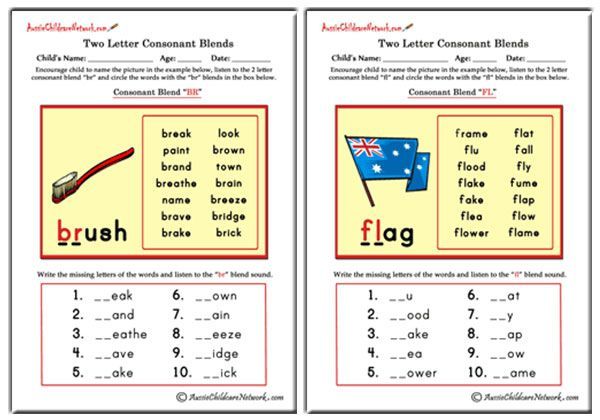
Exercise 62. Orally explain the spelling of doubled consonants in the underlined words. Write out these words.
1. And my mother is alive and well. Recently, she has been writing letters from Frunze, asking how her precious junk is. (Sim.) 2. The skis slid forward by themselves. Climb? Give it up, Valya! Descent into the spread? Oh, pines! Break up, I'll break it! (Tick.) 3. The path along which the train with the diplomatic mail was supposed to pass, this path was mined at night in two places. (Chaik.) 4. And I didn’t know Pavlo and didn’t think that his fate would be so bitterly intertwined with the fate of Lieutenant Zvantsev there, at the Chersonese lighthouse. (Kuch.) 5. The sun burns mercilessly, and light white uniform number one was forbidden to be worn. (Kuch.) 6. The coachman knew where his master could go at this late time; he whistled to his horses, pulled on the reins, and the chaise raced first along Koblevskaya, then along Preobrazhenskaya.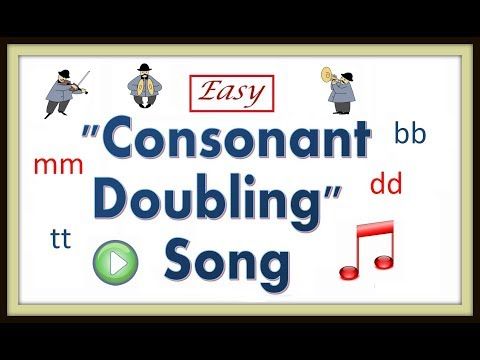 (Mikhail.) 7. All this was written on their pale, hungry faces, and Vera Nikolaevna immediately caressed them, immediately appeared on the table canned food "Cod in oil" - still from the polar additional ration, cookies, tea, butter, bread - all in all. (German) 8. On the slope outside the window, it seemed - at arm's length, pale purple immortelle fluttered incorporeally. (Pan.)
(Mikhail.) 7. All this was written on their pale, hungry faces, and Vera Nikolaevna immediately caressed them, immediately appeared on the table canned food "Cod in oil" - still from the polar additional ration, cookies, tea, butter, bread - all in all. (German) 8. On the slope outside the window, it seemed - at arm's length, pale purple immortelle fluttered incorporeally. (Pan.)
Exercise 63. Match the usage and spelling of the underlined words in the given examples. Make up and write your own examples with these words.
a) 1. Breathing heavily, like driven horses, they wiped the sweat from their faces with their broad palms. (Field.) 2. The visitor took off his sheepskin coat and began to scrub his young, completely boyish face with eyelashes stuck together from the snow. (Lead.)
b) 1. Shmelkov immediately turned the car around and began to feed it backwards, as if for refueling. (A. N. T.) 2. The brown horse was boldly and provocatively giving way.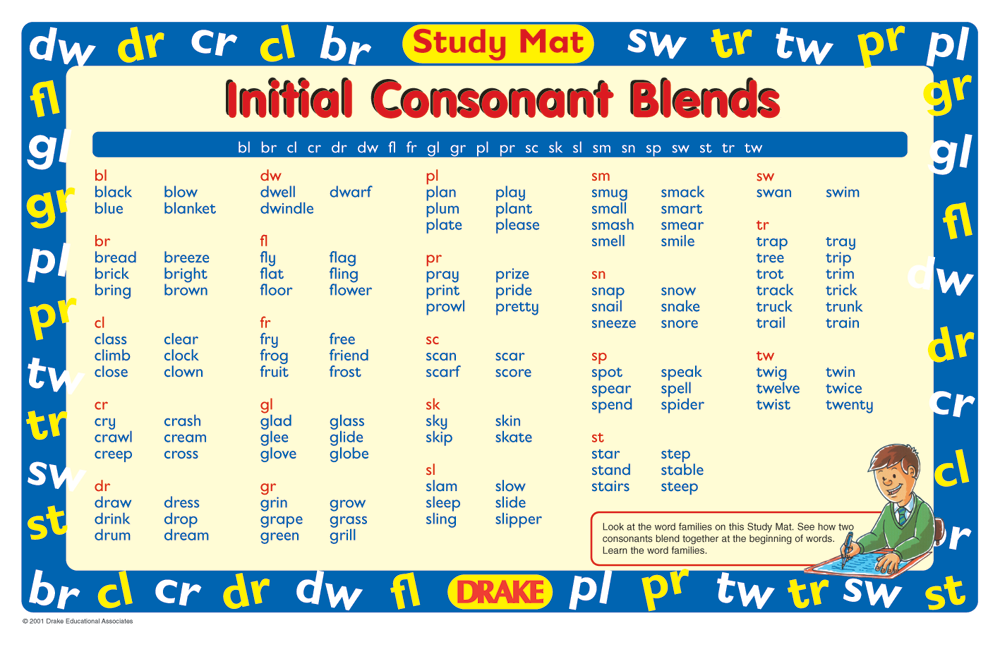 (Guide)
(Guide)
Exercise 64. Rewrite with missing letters.
I.1. Tired people entered one at a time, two at a time on the ferry, ra ... zhilsya right on the floor. (Ivan.) 2. A fighter jumped out of the cab of the ambulance, about ... drove the car and began, together with Serpilin's driver, to ... push her from behind. But the car continued to skid. Then the rear doors of the "nurse" opened, oh ... a woman jumped out onto the road and began to push the car along with the men. (Sim.) 3. Under the sultry sun, a ... ohh tree, melted, and ... there was a faint smell of either resin or paint. (Pan.) 4. A cart drove along the street, and a rattling was heard for a long time ... a bucket tied to the back. (Yamp.) 5. Bahor is not afraid of anything, looks at the world with bold, wide-open eyes. What bliss has sparkling eyes - so bra ... ut either with anger, then with sympathy, then in ... bargaining! (Rush.) 6. “Understood,” Krainyuk threw. He would have to go, but he was still standing among the stone and ruins.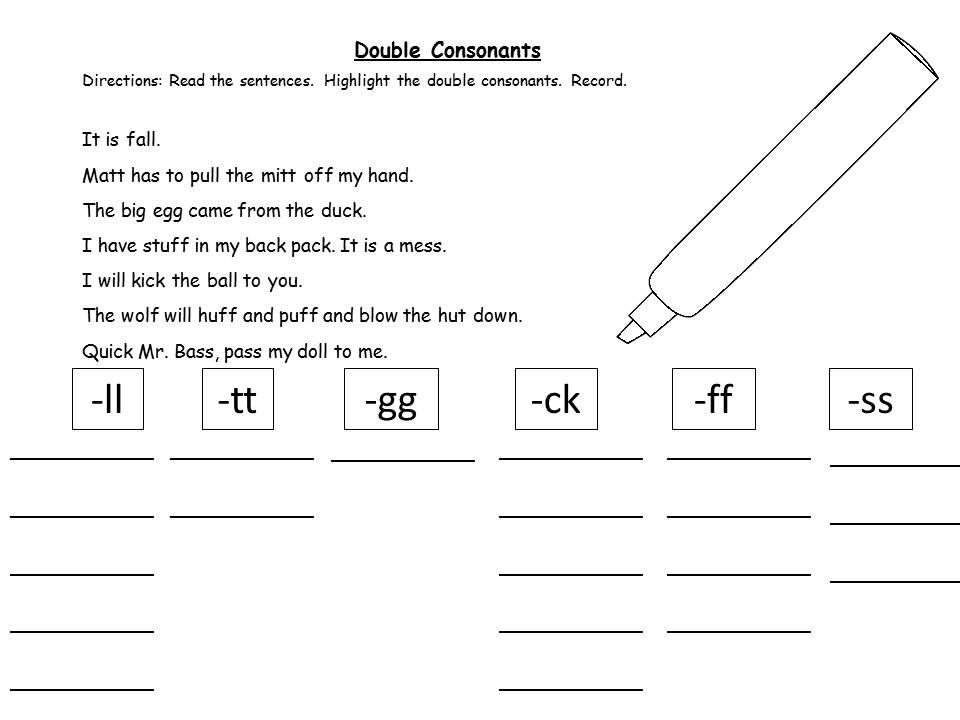 (Kuch.) 7. The sailors carried out a light ladder and, holding the women, put everyone in an open truck. (Kuch.) 8. Saying goodbye, the geophysicist cruelly squeezed Victor's hand. (Tick)
(Kuch.) 7. The sailors carried out a light ladder and, holding the women, put everyone in an open truck. (Kuch.) 8. Saying goodbye, the geophysicist cruelly squeezed Victor's hand. (Tick)
II. 1. Riga was high, long ... oh, ra ... read to receive a whole load of bread at once. (Mark.) 2. And despite the fact that the whole tone of the letter, as always everything that came from Zhenya, was unpleasant to Volodya, he thought for a long time ... I over the proposal for ... the position of chief ... doctor. (German) 3. Vasya found both a medical platoon and a reserve ... I am there in individual packages
. (Lev.) 4. The ceremonial meeting of the Mo ... Council was not for him, as for Kuprin, the first in his life. (Lev.) 5. The sailor went to bed, and the sailor ... as if on purpose, cleaned up the dishes for a long time. (St.) 6. A battalion was built at the exit of the sailor ... cue, leaving with an armored train to the front. (Pere.) 7. There was indeed a five ... th truck going down the alley to the workshop, deeply crashing its wheels into the ra .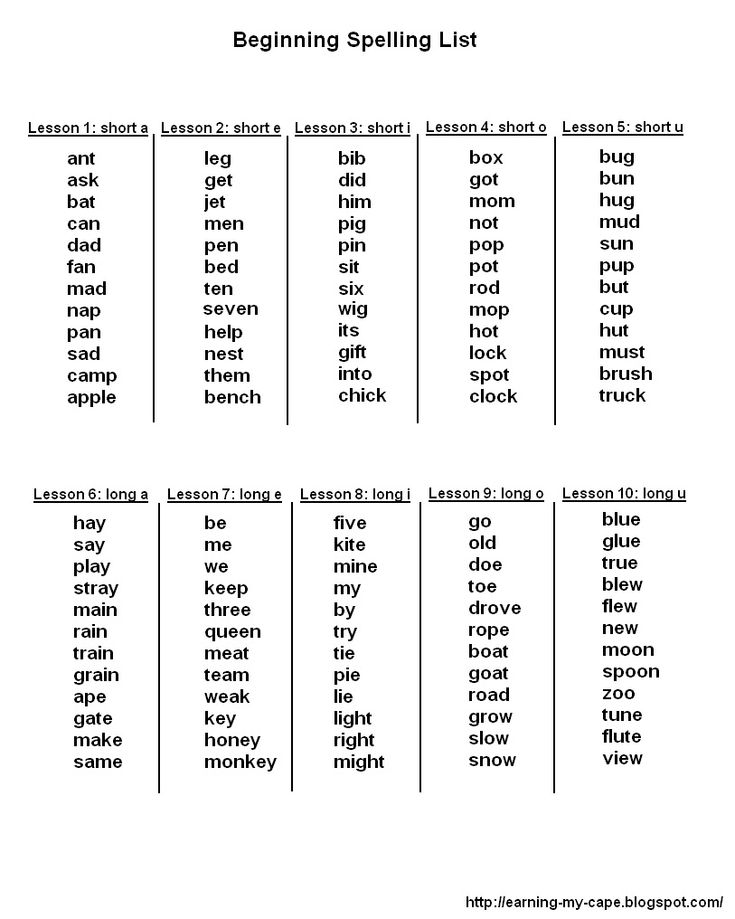 .. sour road. (Ivan.)
.. sour road. (Ivan.)
Double n in adjectives formed from nouns is written in the following cases:
a) if adjectives are formed from nouns with a base on n using the suffix -n- (including from words with -my: time - time-): long, window, old, temporary, nominal, etc .;
b) if adjectives are formed from nouns using the suffixes -enn-, -onn-: straw, revolutionary, etc.
Adjectives formed from nouns with the suffixes -an- (-yan-), -in-, are written with one n: leather, hemp, chicken, etc.
Exceptions: wood, pewter, glass.
Notes.
1. Adjectives mutton, crimson, black, green, spicy, red, ruddy, pig, blue, young are written with one n. They are formed without the suffix -n-.
The word windy is also written with one n, however, its derivatives with prefixes have two n in writing: windless, windy, leeward.
2. You should also pay attention to the spelling of the double consonant in the suffix in the word green (green shop, cf. : green shop).
: green shop).
Exercise 65. Rewrite, emphasizing adjective suffixes; separately write out non-suffixed formations. Explain the spelling of adjective suffixes.
Epic, majestic, enthusiastic, sparrow, windy, windy, windy, clay, wooden, wood, natural, lawful, artificial, mosquito, indigenous, red banner, commission, linen, windy, oil, public, fiery, sandy, clothes, ruddy , craft, pork, seed, session, sleepy, essential, young, barley.
Exercise 66. From the given nouns form adjectives with suffixes -n-, -enn-, -onn-, -en- (-yan-), -in-. Write down the adjectives, orally explaining their spelling.
Agitation, ram, disease, razor, goose, length, curiosity, boldness, tin, life, greenery, snake, name, root, bone, ice, lemon, oil, mobilization, oil, defense, autumn, fatherland, opposition, song , letter, canvas, revision, craft, silver, glass, cloth, falcon, tradition, telephone, grass, celebration, price, hawk.
Exercise 67.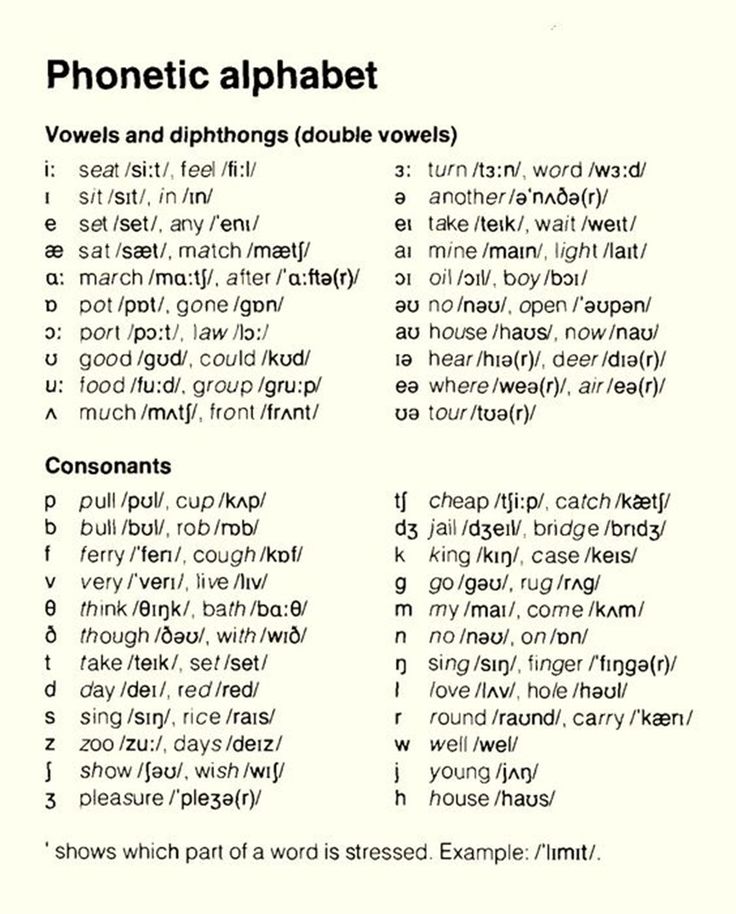 Match the usage and spelling of the highlighted words. Make up and write your own examples with these words.
Match the usage and spelling of the highlighted words. Make up and write your own examples with these words.
a) 1. The smell of rust, oil paint and dampness filled the room. (Bitter.) 2. Kyiv. A wonderful city, all resembling a glorious sweet-smelling with oily eyes. (Cupr.)
b) 1. A sultry, windless day flared up, there was a drowsy silence in the air. (Pav.) 2. A windmill loomed in the predawn darkness, looking like a sleeping crow with a broken wing. (Tyutyun.) 3. In the gloomy windy days of late autumn, Pastukhov rarely went out. (Fed.)
Exercise 68. Explain the spelling -n- and -nn- in adjective suffixes. Write out these adjectives, highlighting the suffixes in them with vertical lines.
1. After shaving, he, as usual, got up under the shower in the bathroom: the steady sound of cool water, warm needles all over his body, a terry towel - and he felt in an excellent mood when it seemed that everything beautiful in himself and in life he just realized and it should not disappear.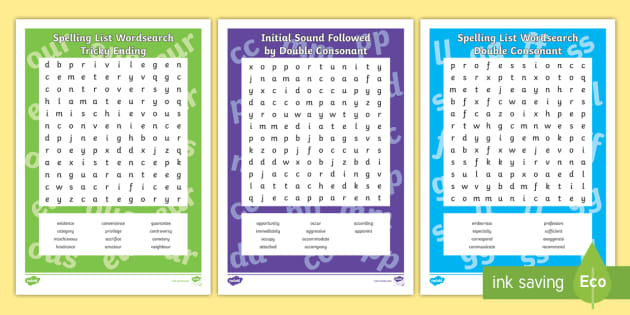 He knew that this feeling before dusk. In the evening, or especially in the December gloomy twilight, when the lanterns burned in foggy circles, this feeling of the fullness of life disappeared, and pain, strange, almost physical pain and longing seized Sergey. (Bond.) 2. In front of the portrait, almost the entire width of the hall stretched out a table covered with green cloth, to the right against the wall there were two wooden benches behind bars, to the left - two rows of crimson chairs. (Bitter.) 3. They did not capture the hillock: first they ran into a minefield, then they were covered with mortar and machine-gun fire. (Sim.) 4. Tall, skinny, with a long horse face, he stood surrounded by his soldiers and said something to them. (Pav.) 5. Accurately intercepting my thoughts, Wallon asked the neighbors who remembered the attack on the POW camp. (Kram.)
He knew that this feeling before dusk. In the evening, or especially in the December gloomy twilight, when the lanterns burned in foggy circles, this feeling of the fullness of life disappeared, and pain, strange, almost physical pain and longing seized Sergey. (Bond.) 2. In front of the portrait, almost the entire width of the hall stretched out a table covered with green cloth, to the right against the wall there were two wooden benches behind bars, to the left - two rows of crimson chairs. (Bitter.) 3. They did not capture the hillock: first they ran into a minefield, then they were covered with mortar and machine-gun fire. (Sim.) 4. Tall, skinny, with a long horse face, he stood surrounded by his soldiers and said something to them. (Pav.) 5. Accurately intercepting my thoughts, Wallon asked the neighbors who remembered the attack on the POW camp. (Kram.)
Targets:
- double consonants,
- Enrich children's vocabulary
- Develop spelling vigilance, oral coherent speech, operations of thinking: analysis, comparison, classification.
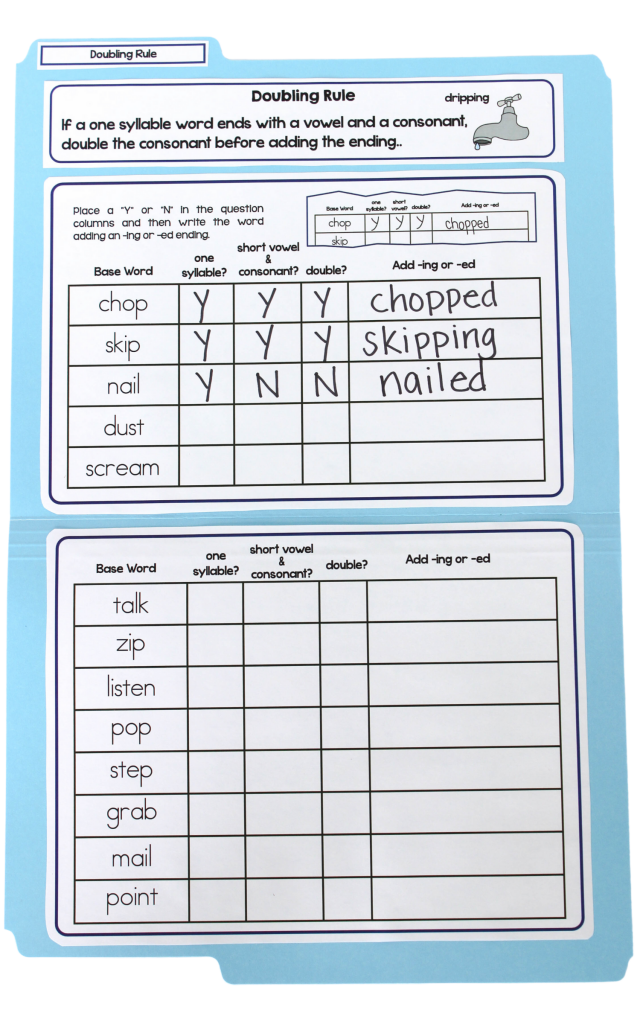
- To educate the communicative qualities of the individual, ability to work in a group, lead a constructive educational dialogue.
Equipment:
- textbook L.V. Kibirev "Russian language" Grade 2, 2 hours. - M .: OOO "Russian Word";
- laptop, projector
Lesson progress
1. Psychological attitude of students.
The bell rang loudly,
The lesson starts.
We listen, remember,
We don't waste a minute.
2. Actualization of students' knowledge.
2.1 - Write down today's date.
(Stress in words, name encountered spellings.)
2. 2 A minute of calligraphy.
To find out what letter we will write on minute of calligraphy, guess the riddle:
A warm wave splashes
In the shores of cast iron.
Guess, remember:
What kind of sea is in the room? (bath)
Which sound in the guess is pronounced for a long time? ( n -
What letters in the letter denote this sound? (nn)
These are the letters we will work on today.
Where do we start writing the letter n? (above down) (Slide 2)
3. Work on the topic of the lesson.
Who guessed what we'll be over today work?
Yes, we will work with words with double consonant.
1. Selective work (Slide 3)
Write down the words with double consonants, highlight spelling.
Ask without raising your tone:
What is more: centner or ton ?Salt and cereals are needed,
To cook porridge for groups .Who will get a low score ,
Won't come to the prom.If there is a lot of litter in the house,
A quarrel may break out in the house .It's more pleasant to find a mushroom under the tree,
How to get a sore throat or flu .
Checking the written words.
2. Work on the drawing. Notebook for the textbook “Russian language” p.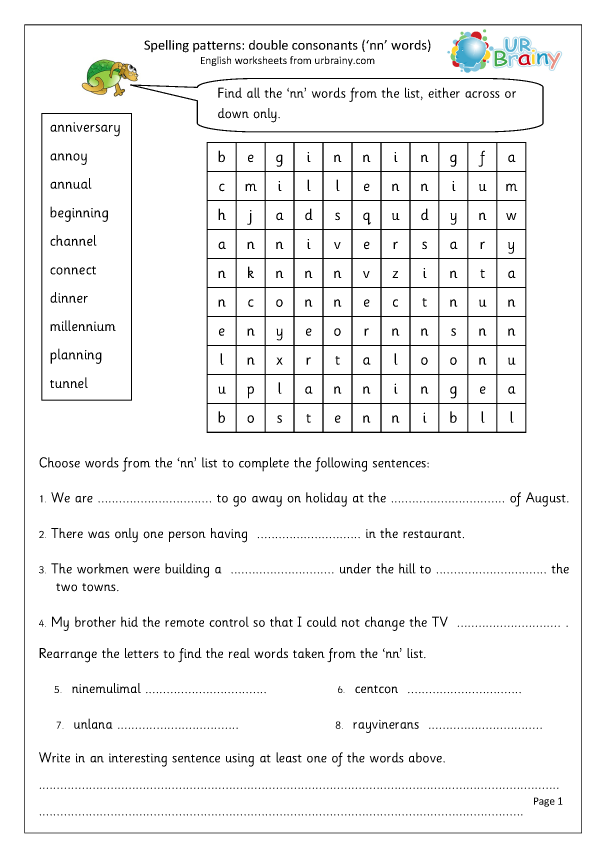 8 exercise 9
8 exercise 9
(Look at the picture, find objects on it, in whose names have double consonants. write down them, separating them with a dash for transfer) (Slide 4)
Remember how words with double consonants?
3. Check.
Answer: cash desk, passenger, call, ten-nis, antenna - on, trolleybus, per-ron, alley, shos-se.
(Slide 5)
4. Physical education minute (GYMNASTICS FOR EYES) (Slide 6-11)
5. Work according to the textbook (p. 14 exercise 21)
Children read the task. Performed by one student boards, the rest in notebooks.
6. The game “From which words did the double consonants? (Slide 12-13)
(Working on variants: the first version - writes words with double consonants - ss, bb, pp; the second option - with double - pp, ll, nn, mm, lj)
1 variant 2nd option Russia group story million highway ton Russian cavalry pool grammar Saturday reins platform yeast terrace buzzing territory
7.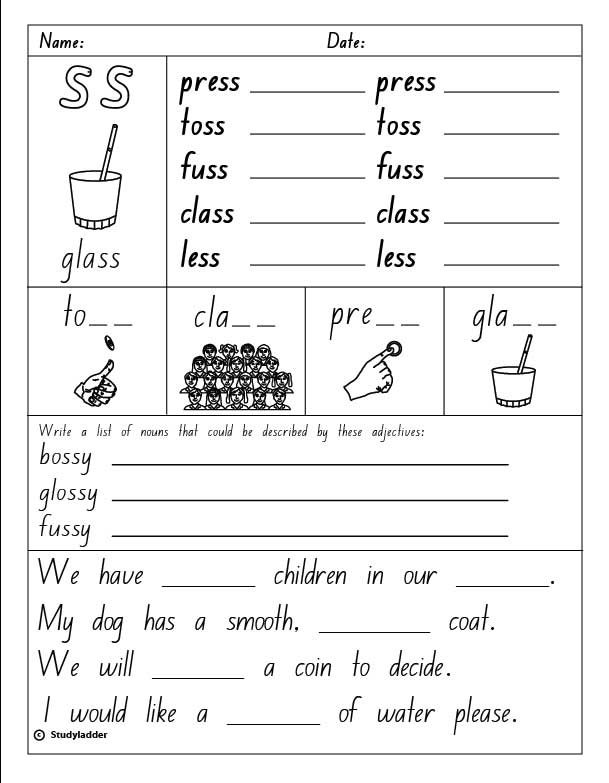 Linguistic task.
Linguistic task.
Identify by ear words with double consonants.
Ella, Nona, bath, class,
Quarrel, tennis and story,
Passenger, highway, program,
Group, ticket office, telegram.
We hear such words
And write with a double consonant.
Do you know names that also have double consonants? Name them. (Alla, Anna, Violetta, Rimma, Zhanna, Cyril)
8. Lesson summary
Guys, which of you liked the lesson?
What interesting things did you learn at the lesson? With which met with words? (Slide 14)
9. Homework
t. S. 10 ex. 11 (Maybe someone will also compose couplet)
November 3, 2016A doubled consonant at the root of a word is found in foreign borrowings and words of native Russian origin. Rules and examples are presented in the article.
Double G
A doubled consonant at the root of a word is written in words such as burn, yeast, buzz, juniper .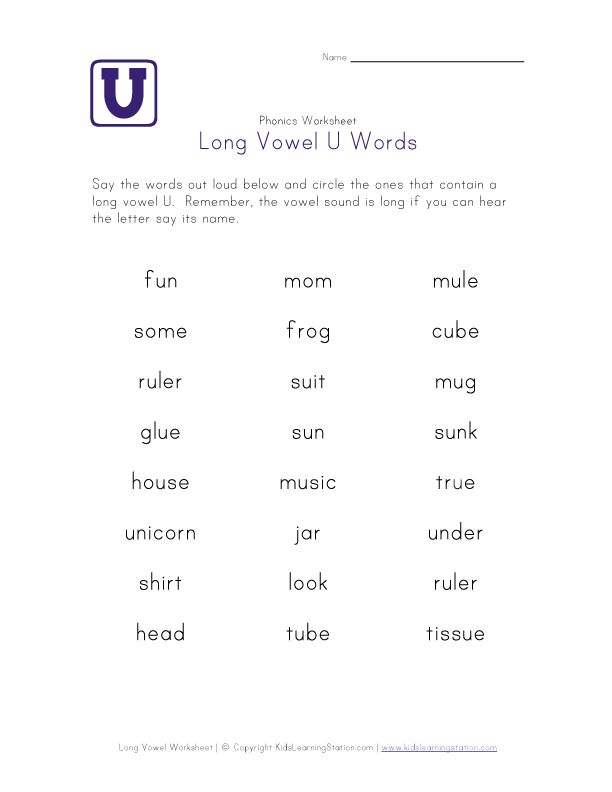 But such cases should not be confused with a combination of the sounds "zh" and "z". Example:
But such cases should not be confused with a combination of the sounds "zh" and "z". Example:
- Every evening a huge German Shepherd ran out to meet him and began to squeal unnaturally and mournfully .
- Arrive became more and more difficult for him, because the driver of the only bus in this city ignored the schedule posted at the bus stop.
- It is dark in the yard of his house, only a light, which barely dawns from the outbuilding window, illuminating the road.
- The teacher entered the classroom and first of all hung a diagram of the cerebellum over the blackboard .
Double "s"
Double "ss" consonants are written in words such as kassa, assorted, passenger, cassette, class, compromise . The spelling of these lexical units must be memorized. This doubled consonant at the root of the word is written in foreign borrowings. Except for token quarrel and words that are cognate with it. Examples:
- By old age, her character has deteriorated to such an extent that she managed to quarrel with all relatives.
- Quarrelsome that day, the neighbors no longer spent their energy on scandals, but for almost three years they maintained complete silence, as if a cold war had been declared between them.
Double "s" is also written in such words as poetess, stewardess .
Related videos
Compound words
Doubled consonants are written in words formed from two parts. But only if the first one ends with the same consonant that the second begins with. Examples: maternity hospital, head physician.
If in a complex abbreviated word the first part is formed from a lexical unit in which there is a double consonant, only one is written. Examples:
- More than 1000229 records , released a hundred years ago, a pair of rickety chairs and other unnecessary junk.
- Three people entered the office, one of whom introduced himself as a group organizer.
The positions of the others sounded just as cryptic.
- The writer was a cavalry soldier in the past , and for how honestly he portrayed the class struggle that he witnessed, in 1938 he was shot, calling him a traitor to the motherland.
Names
The full forms of some names are written with doubled consonants. Diminutive forms - with one consonant. Examples:
- Youngest daughter - Alka - was a restless and overly curious child.
- Kirilka grew up quickly and increasingly asked uncomfortable questions to his parents.
- Anka was a simple, peasant-kind woman.
In the above examples there are names with double consonants: Alla, Kirill, Anna . The spelling of the full and diminutive forms is different.
Adjectives
In words that are formed from nouns, the doubled consonant at the root of the word is retained and written immediately before the suffix.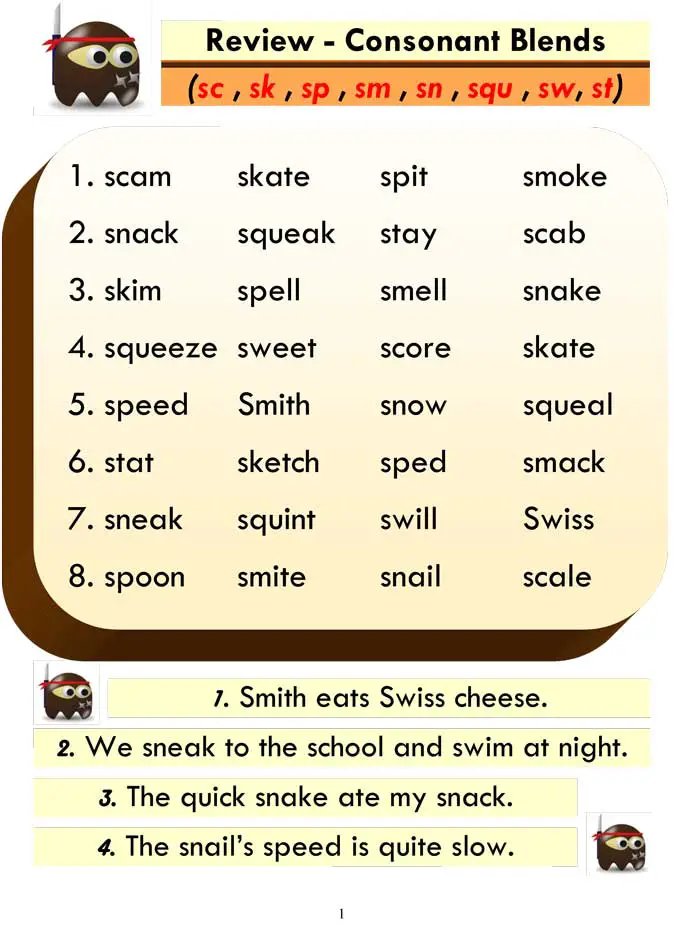 Examples:
Examples:
- Parents are accustomed to five-point system and for a long time could not figure out whether to praise or punish their son for the fact that in his diary, next to the teacher's signature, there were the numbers "6", "7" and "8".
- All these tribes united in the so-called th Hun union.
- He did not like to discuss and, if possible, tried to accept a compromise solution.
The same can be said about the diminutive form of a noun. Examples:
- Foreigners left the cemetery where the figures of Soviet and Russian culture are buried. Only group left sedate but inquisitive Japanese.
- He did not like the performance, and therefore during the first act he tiredly looked at the program and thought about his own.
- Telegram - and this is exactly what a message of such frivolous content can be called - was brought in the evening by a tired and, as always, irritated postman.
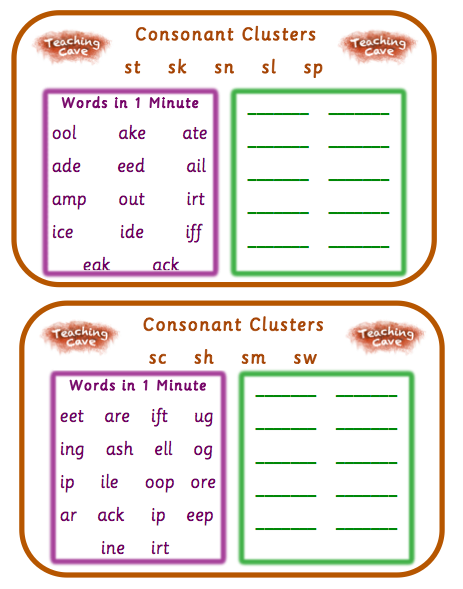
At the junction of a root and a prefix
Nouns in which the prefix ends with the same letter as the root begins are also written with doubled consonants. Examples:
- On his appeal no one paid attention for a long time, and therefore he had to leave the podium.
- Counterfeit He learned his father's signature in the third grade.
- Pedagogical views of this teacher had nothing in common with the theories of Makarenko and Soroka-Rosinsky.
Borrowings
Spellings of words of foreign origin with doubled consonants should be memorized. Examples:
- Vikenty Timofeevich held the position of collegiate assessor .
- Oxygen cylinders was banned from use both at home and in offices.
- On the platform he met her husband and was suddenly afraid that the trip, which had been planned for so long, would fail.
- Plank terrace was covered with a thin layer of early clear snow.
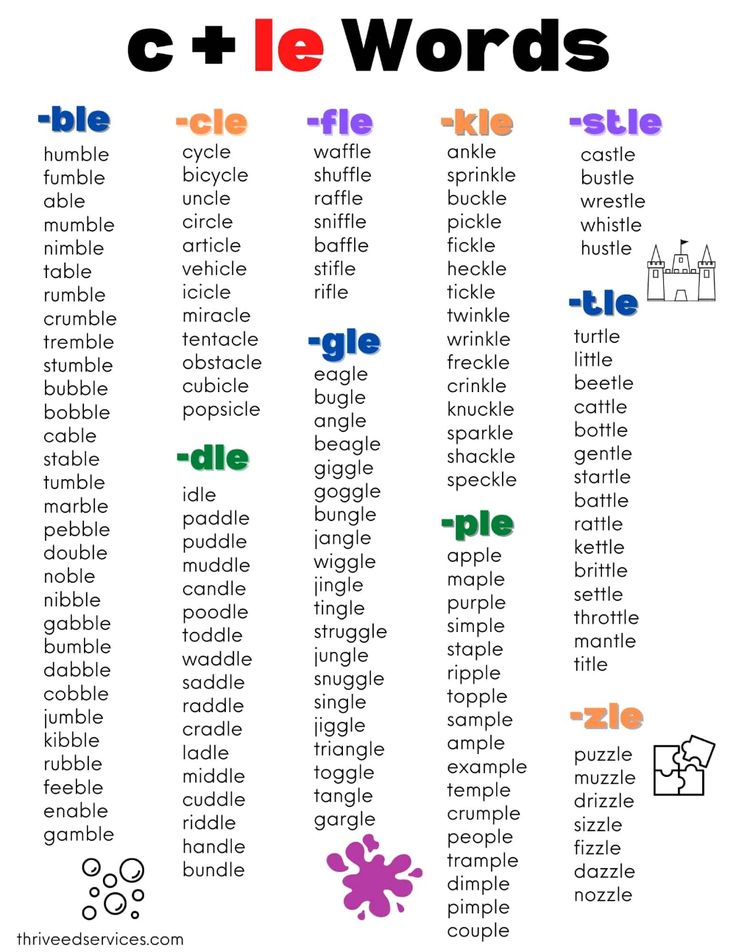
- Idyll , which reigned in their house for almost five years, as it turned out, was imaginary.
One consonant
There are words in Russian in which double consonants are often erroneously written. Perhaps the thing is that these lexical units, as a rule, have a foreign language origin. For example: balustrade, dealer, vernissage, amateur.
Double consonants in the root are most often found in borrowed words, their presence is determined by spelling dictionary:
A bb atstvo, abb revival, abyss Indians, aggression ya, acc limatize, acc omodation, acc accompaniment, acc ord, acc ordeon, acc reditive, acc emulator, acc urate, all ah, all egoria, all egro, all ergy, all her, all igator, all Iluya, all opat, all yur, umm jak, umm onal, umm ony, ann aly, ann exia, ann ibalova (oath), ann otation, ann swipe, app arat, appell irovat, app endicitis, app lication, artillery series, ass ambleya, acess op, ass enizer, assistant ignatia, ass mimic, ass istent, ass onans, ass orti, ass ocation, atoll , att ashe, att yestat, att ration, aff ect.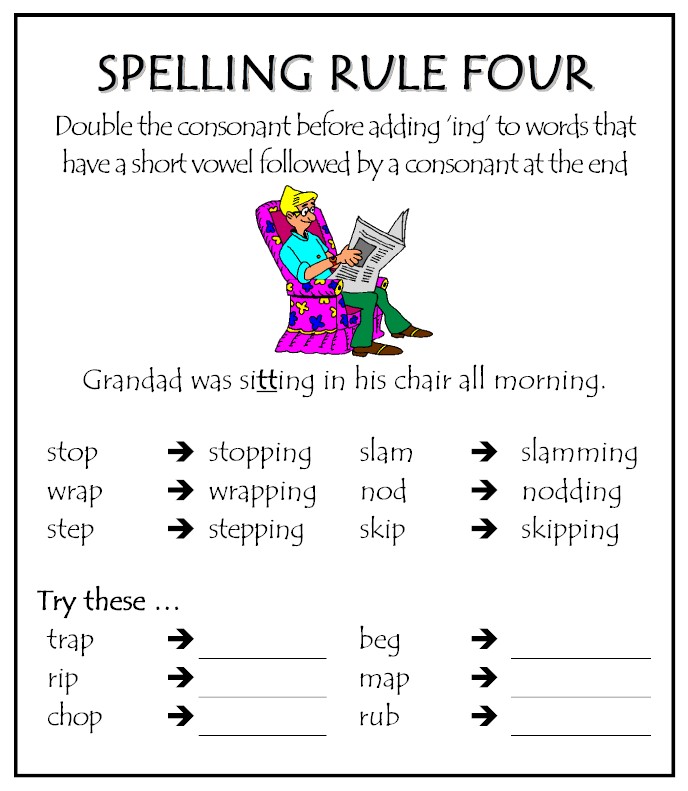
B acc ara, score , score hell, score ast, score statistics, score he, score polish, baroque oh barr agitate, barr ikada, bass eyn, bell adonna, bell etristika, bill ion, biss ektrisa, gross oh buddha ism, buff onada, bull eten.
B ann ah, vass al.
G all icism, gall s, gall yucination, scales ah, hippo opotam, grams , gram atica, influenza , gross , gross meister, groups a.
D Ilemma a, distillate erate, diff amacia, diff erential, diff uzia, dress edit.
I dill ia, ill Yuziya, ill yuminator, ill yustration, indiff erent, intellect ect, intel agent, intermezz oh ipp odrom, irr igation.
K all igraphy, cash register ation, cashier eta, checkout erate, kess he, klem a, call abominationist, call egiya, call ektive, call vector, call section, call oid, call oquium, columns a, columns hell, colossus , comm fraction, comm voyager, comm unique, comm utator, comm unique, compress op, congress , concession and I, coral , corr active, corr project, corr eat, corr ida, corr oziya, corr option, coefficient icient, crystal .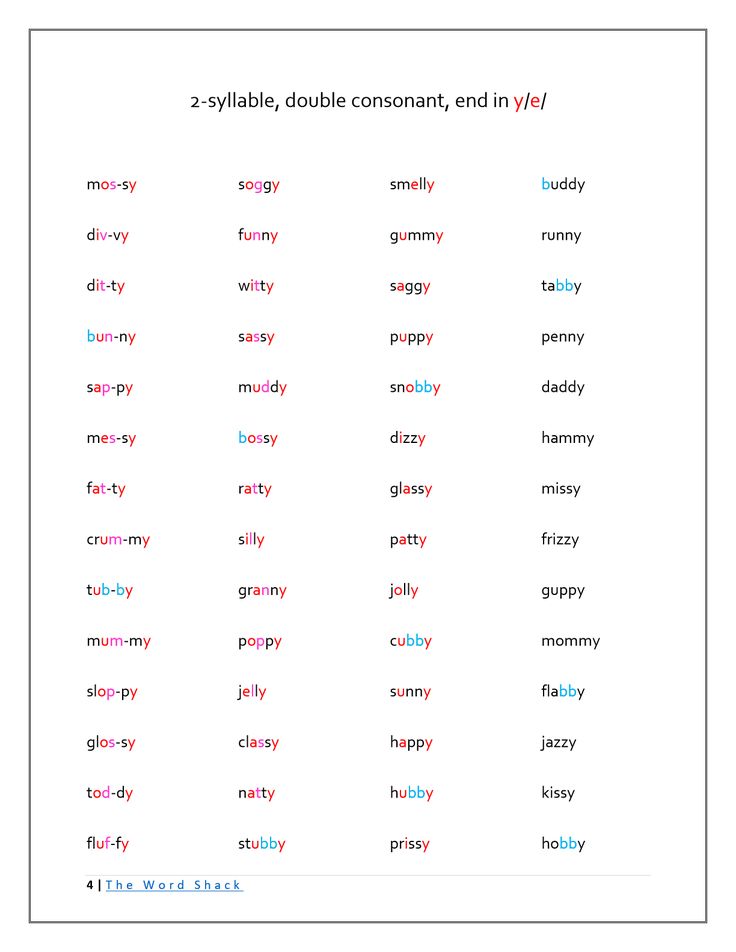
M ass mess ah, miss ia, mousse mousse he.
N arcissus , nett oh nipp spruce, short story a, null categorize.
O kk upation, opp position, opp tint, opp ortunism, ott omanka.
P aral elepiped, pass already, pass willow, perr he the dog imism, press .
R ess ora, roll .
C atell it, sett er, sill abic, sill ogism, sim etria, ss ora, ss ouda, streptococcus , stell already, sums ah, surr ogat.
T enn is, terr asa, terr icons, terr op, terr story, troll heibus, tripp ep.
X lorophyll .
C ell yulose.
E xcess , ell ips, ess tion.
With one consonant words are written:
Acoustics, alogism, aluminum, ammunition, apatite, apathy, a priori, balustrade, barcarolle, blooming, veto, variety show, gallery, haberdashery, hypertension, humanism, landing, decibel, imitation, impresario, cavalry, calorie, caricature, clinic, colosseum, corridor, midget, morocco, freemason, mulatto, level, panorama, pilgrim, politeness, privilege, producer, race (racial, racist, racist), rococo, wolverine, Russianism, tome, elite.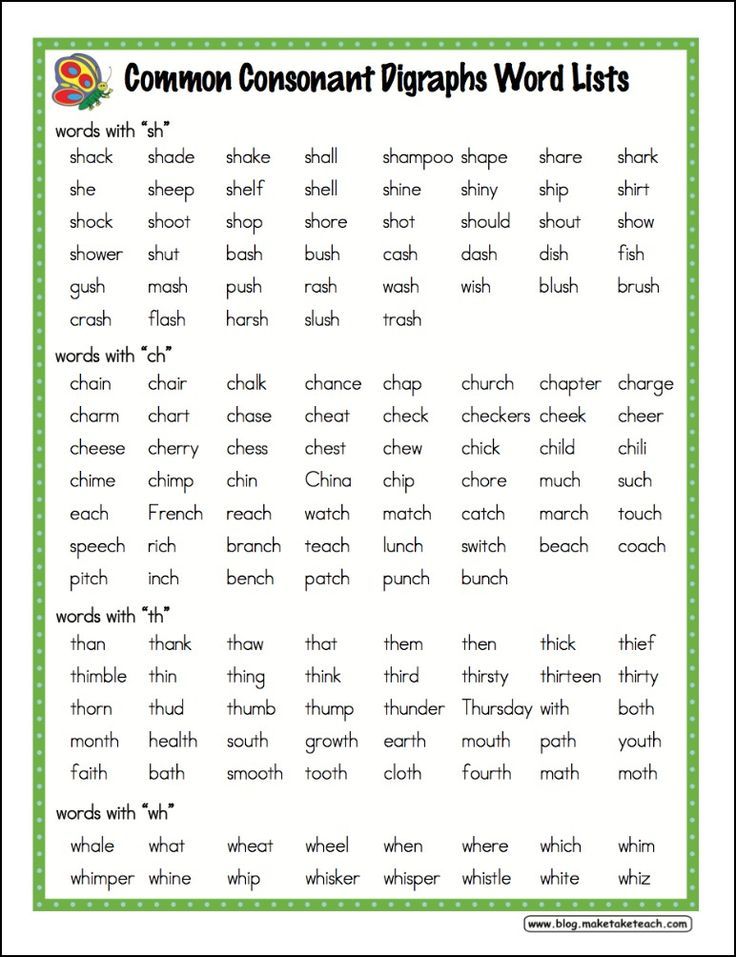
Not recommended identify a double consonant in a loanword by matching it with the original language word , since during the assimilation of a foreign language vocabulary, the second consonant in Russian may be lost:
Ar regatta (lat. agg regatus), address (fr. adress e), up artaments (fr. app artement), up robation (lat. app robotatio), at aka (lat. att aque), at ribut (lat. att ributum), af era (fr. aff aire), af isha (fr. aff iche), business (English business ) - therefore business men but: congress men, cross men; puff ep (eng. buff er), vernis already (fr. vemiss age), vignette ka (fr. vignett e), ox eyball (eng. voll eye ball ), biscuit a (fr. galett e), des ert (fr.dess ert), can onada (fr. cann onade), of icer (German Off izier), pud ing (eng. pudd ing), res ursy (fr. ress ourees), trot uar (fr. trott oir).
The spelling of consonants is one of the key topics of the school curriculum. Children begin to master it from the first grade and continue to study it until the end of the course at school.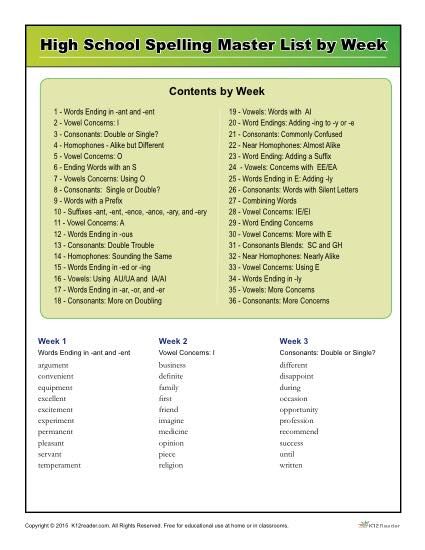 The spelling "double consonants" in teachers is not classified as complex, but difficulties in writing are still encountered, both in primary and secondary school students.
The spelling "double consonants" in teachers is not classified as complex, but difficulties in writing are still encountered, both in primary and secondary school students.
What is a double consonant, its place in the word students notice that there is a group of words where a long consonant sound sounds, and in writing it is indicated with the help of identical letters standing side by side.Since there are usually two such letters, this combination of consonants began to be called doubled.0003
The next task is to develop the ability to determine the place of a double consonant in a word. Later, children learn that it can be located not only in the root, but also in other parts of it.
In words group, chord, alley, burns, ton there is an spelling "double consonants at the root of the word". Examples of such words can be continued. It is worth noting that the doubled -zhzh- is found in the roots of words of Russian origin - yeast, reins, juniper, buzz - and all forms formed from them.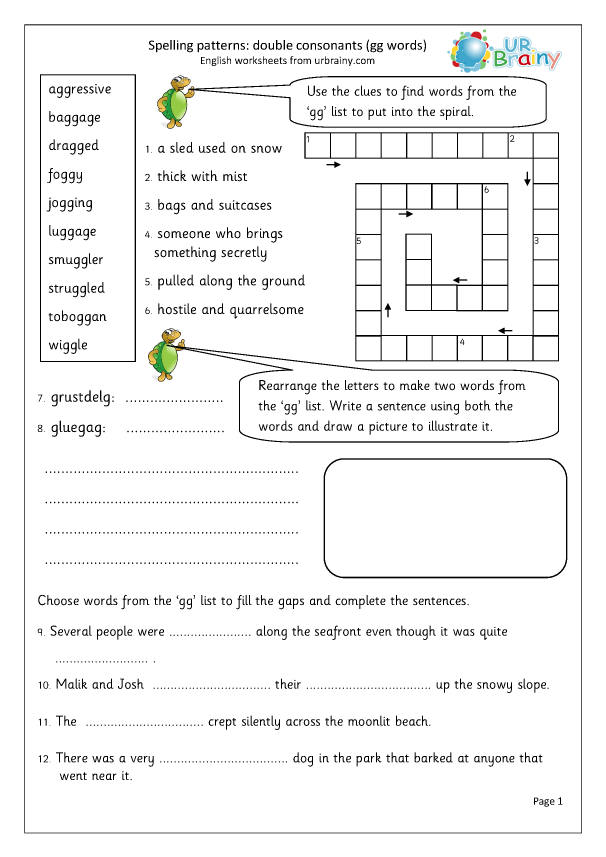
Consonant on the border of prefix and root
For example, in the words lawlessness, consider, get angry, fake, story, introduction doubled consonant is written on the border of the prefix and the root. Having disassembled them by composition, the student will easily notice this feature.
To avoid mistakes in writing words of a similar structure, the child must be very good at parsing by composition, correctly identifying the prefix and the root. In addition, it is necessary to remember the peculiarities of writing prefixes ending in a consonant, in the case when the root also begins with it.
and their spelling
At the root, words are written when they are part of compound words. They lack a connecting vowel, for example, chief physician . The first part of it ends with a consonant, and the second begins with the same letter. Let's say such words as maternity hospital, "Mosselmash" have a similar way of formation.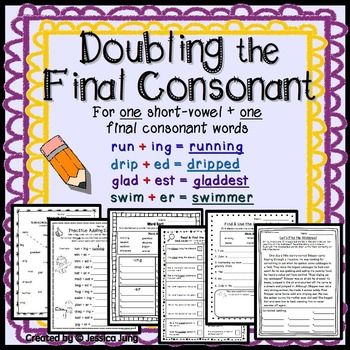
Their correct spelling again depends on the student's ability to see the roots and understand their lexical meaning.
at the junction of root and suffix
Double consonants -nn- and -ss- are most often found in cases where the first letter, when parsing a word by composition, belongs to the root, and the second to the suffix. This is usually observed where there are suffixes -stv-, -n-, -sk- , for example: lemon, moon, cast iron, Russian.
Double consonants in the root of the word at the junction of the root and the suffix are written in past tense verbs with a reflexive particle -sya- , for example: grazing, rushing .
Doubled consonants in the suffix
Spelling errors in the doubled consonants in the suffix can be caused by the fact that there are many spellings, for example -enn-, -en-, -ann-, -an- and so on. The child needs not only to memorize the rule that regulates the process of competent writing, but also to be clearly aware of all the actions that he needs to perform.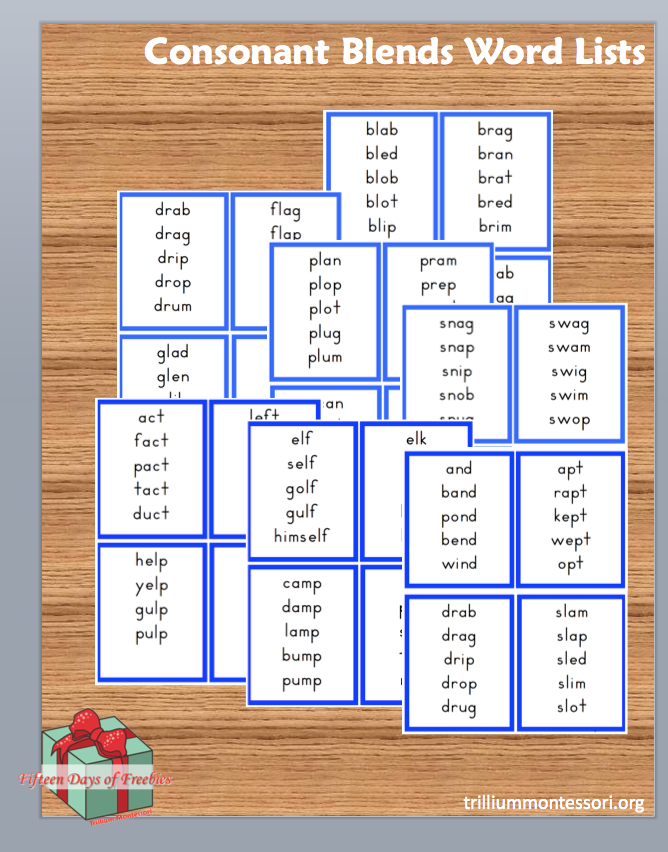
Adjectives formed from nouns are written with double -nn- ( cranberry, lunchtime, sickly, windless but windy ). Pewter, wood, glass are exception words, and they are also written with a double consonant.
General rules
Double consonants in the root, prefix and suffix follow the general rules for their spelling. For example, three or more identical letters are never written side by side, although the generally accepted rule requires this. We are talking about such words as quarrel, three-ton, Odessa and others.
Words containing double consonants retain them in the process of word formation. For example: group - group - group, class - cool . But there is an exception to the rule: Anka, column, condensed milk .
Double consonants in the primary school curriculum
After the children have become familiar with the topic "Double consonants in the root of the word" (examples of them are given below), students in the primary grades should be taught how to use a spelling dictionary.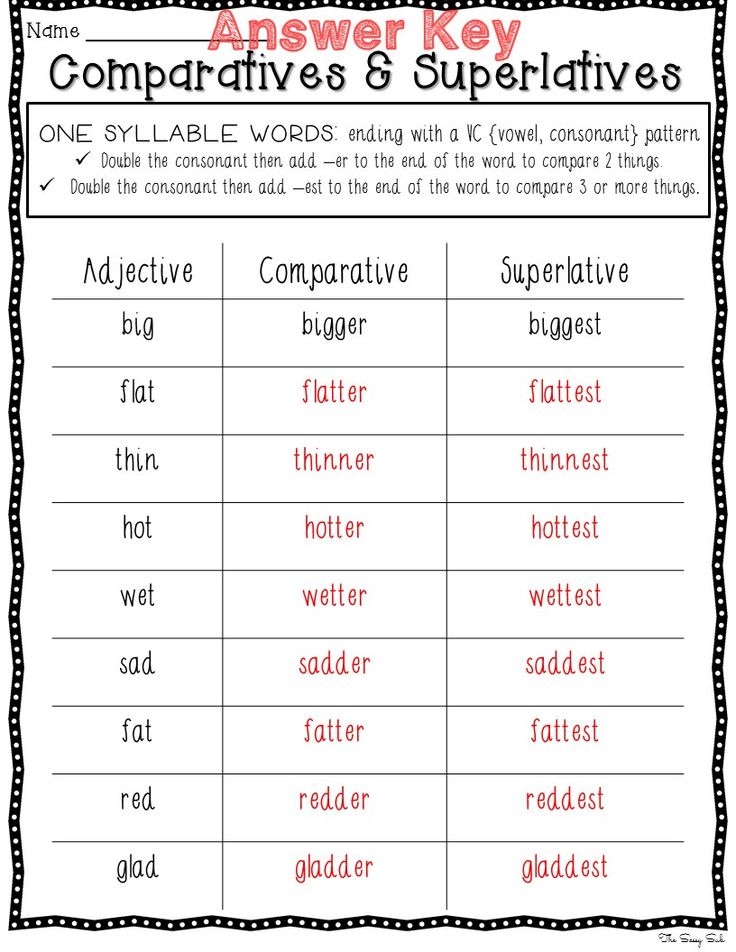 The reference book is an example of the correct spelling of words with various spellings, including those with doubled consonants.
The reference book is an example of the correct spelling of words with various spellings, including those with doubled consonants.
Schoolchildren may be offered exercises where necessary for given words, for example, such as quarrel, platform, gram , select related ones from the dictionary, writing them into one group.
In Russian -ss-, -dd-, -ll-, -rr-, -zhzh-, -pp-, -mm-, -bb- are used most often as double consonants in the root of the word. Grade 3 is studying a list of words for memorization, where all the letters listed are presented as doubled. The list contains more than a dozen such examples.
A large number of words with double consonants appeared in Russian through the process of borrowing. Sometimes it is useful to compare how their style looks in Russian and foreign versions. But this method must be treated very carefully, since foreign words, having entered the Russian language, may undergo certain changes. For example, classe - "class", profession - "profession" but adresse - "address" .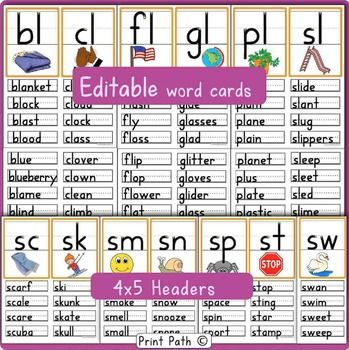 This technique only in some cases helps to better remember how double consonants are written at the root of the word.
This technique only in some cases helps to better remember how double consonants are written at the root of the word.
The transfer rule has its own characteristics, and it is also included in the elementary school curriculum for studying the rules of the Russian language. The result of work on the whole topic is the formation of the following skills in younger students:
- choose the correct spelling;
- transpose words with letters of doubled consonants;
- justify your choice using the learned rules and spelling dictionary.
To check the level of skill formation, tasks are offered where it is necessary to insert missing letters into words. The selection of material is such that not in all cases it is required to write a double consonant. Children should notice this and complete the task correctly.
When checking the ability to transfer words with a double consonant, it is necessary to offer their different structure in terms of the presence of parts, the number of syllables.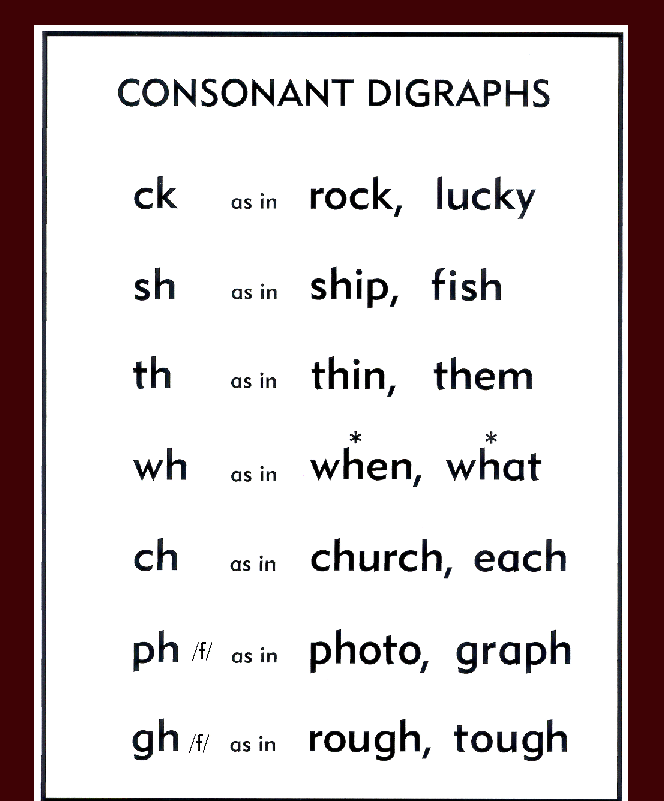 It can be such words as burns, cash desk, alley, I will tell and others.
It can be such words as burns, cash desk, alley, I will tell and others.
Expansion of the theme of the spelling of double consonants
As the child advances in mastering the laws of Russian spelling, the number of spellings that use double consonants at the root of the word increases. also becomes more diverse. In addition, the lexical material becomes more complicated, on the example of which double consonants in the root of the word are studied. Grade 5 of the school curriculum can serve as proof of this.
In addition to adjectives, nouns, verbs, students are offered adverbs, participles, and participles to observe the spelling of doubled consonants. Excerpts from classical literature, oral folk art become material for the analysis of the spelling of words. Children get acquainted with these works in the classroom.
In addition, students should freely determine the place of a double consonant in a word. To form this skill, they are regularly offered to perform an exercise where it is necessary to distribute the words into groups depending on the location of the doubled consonant.